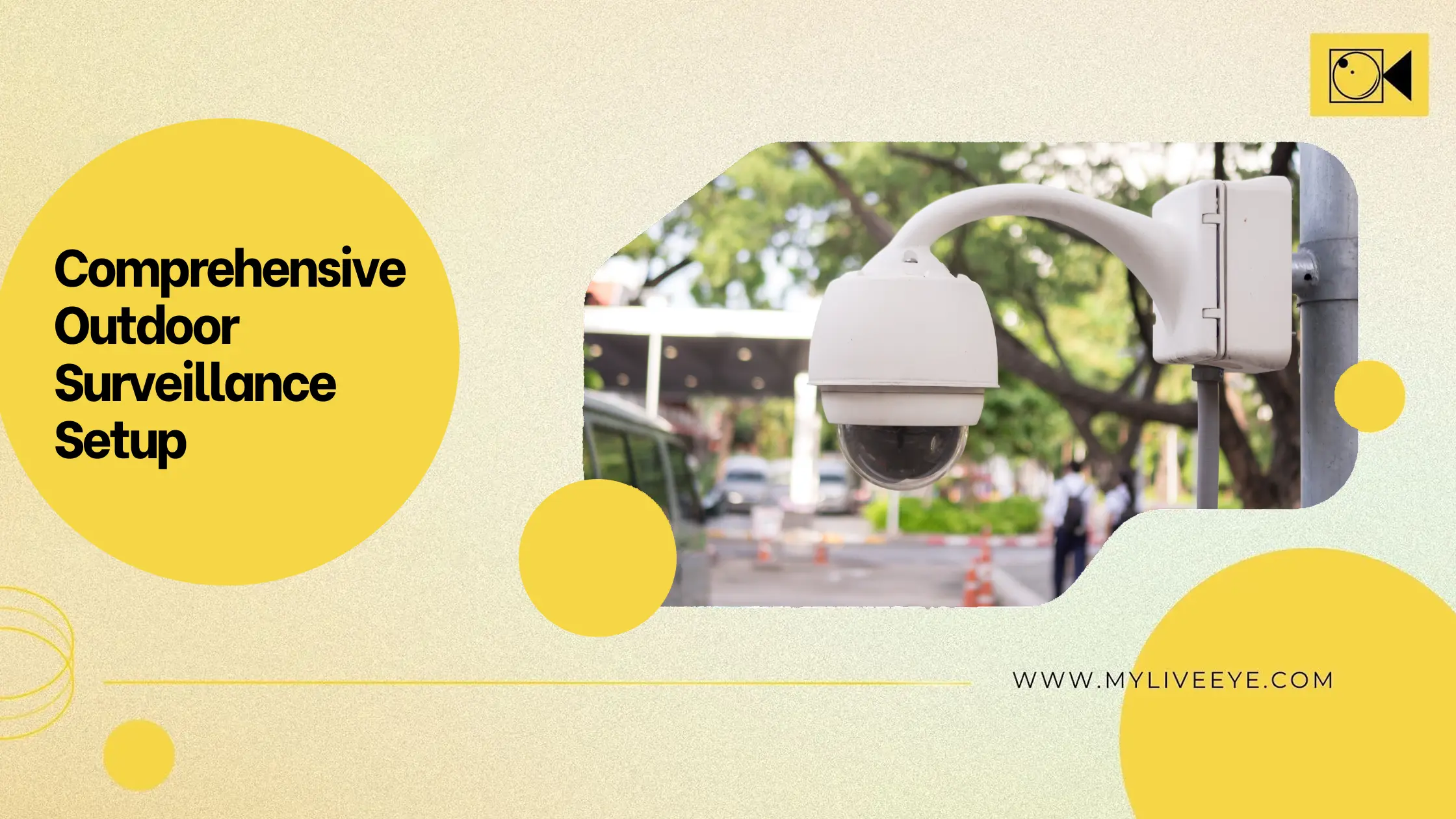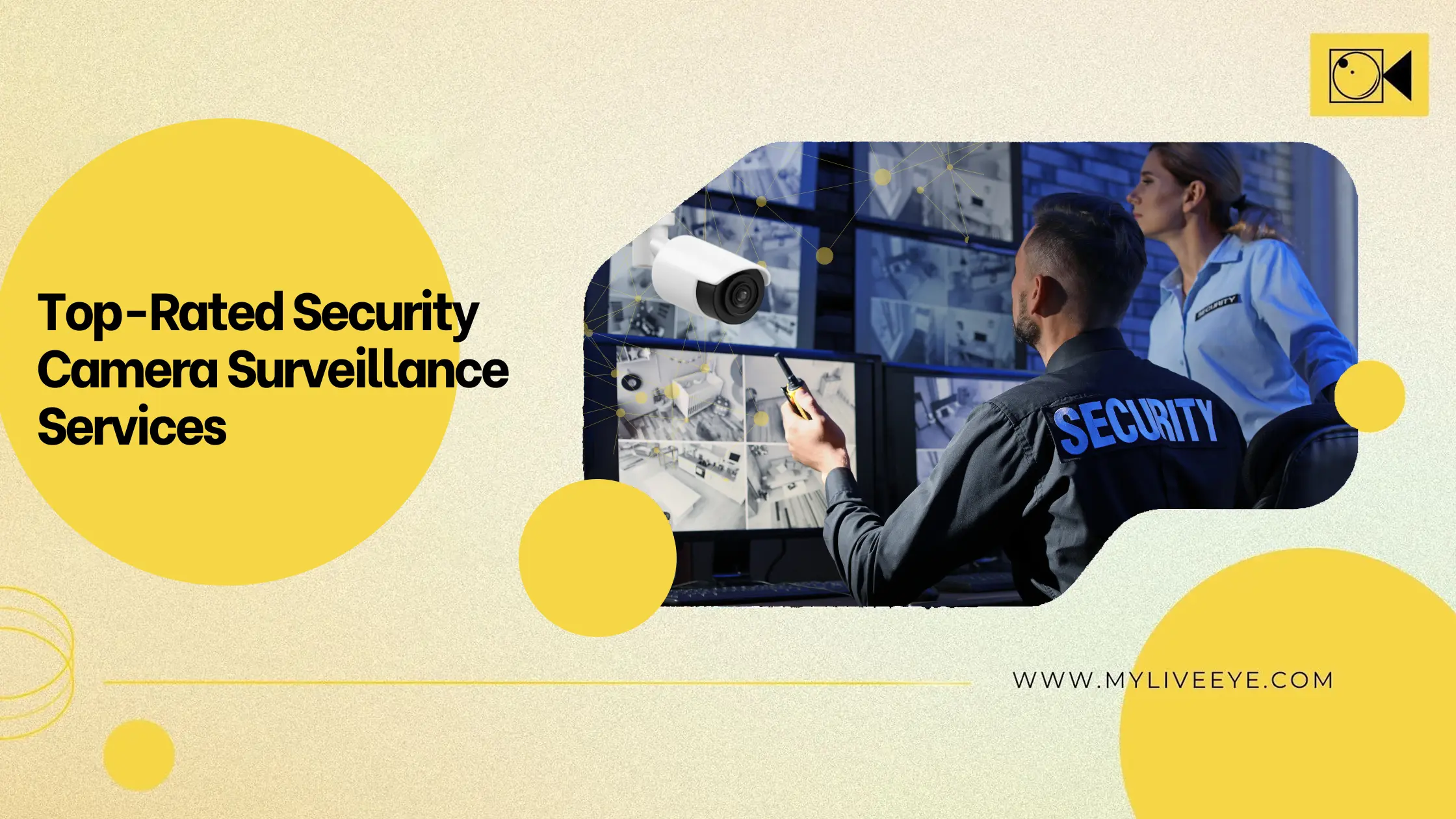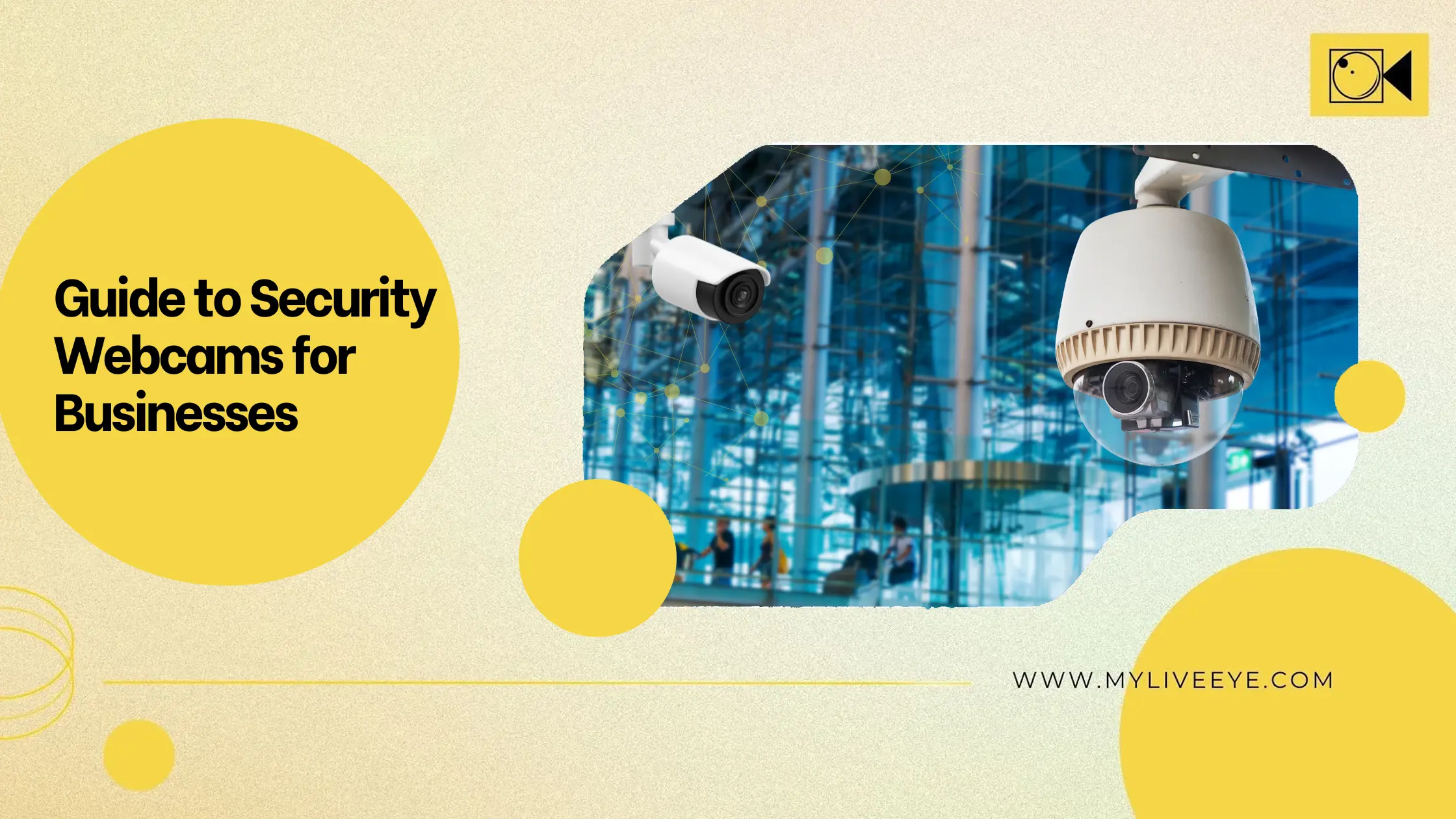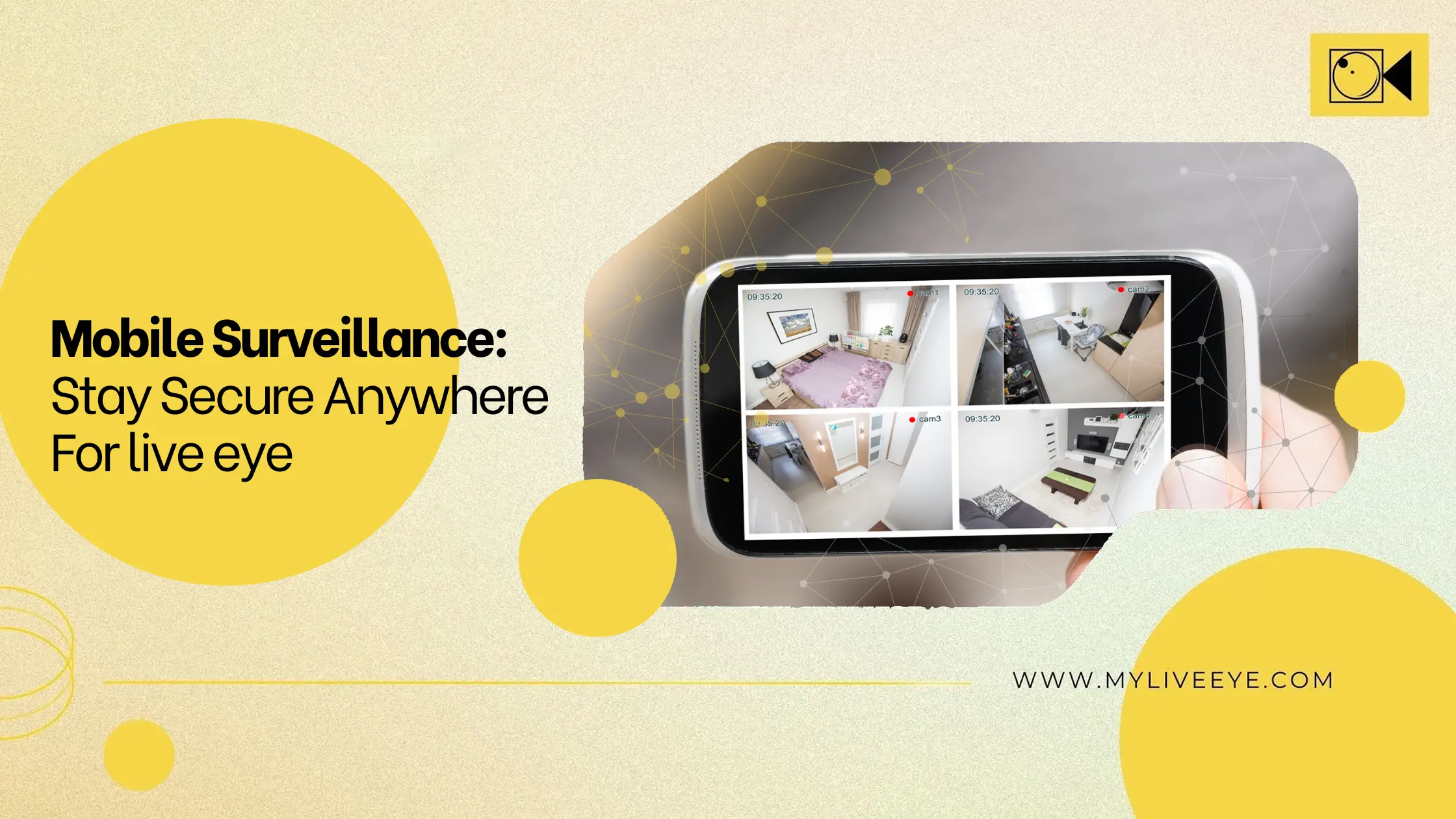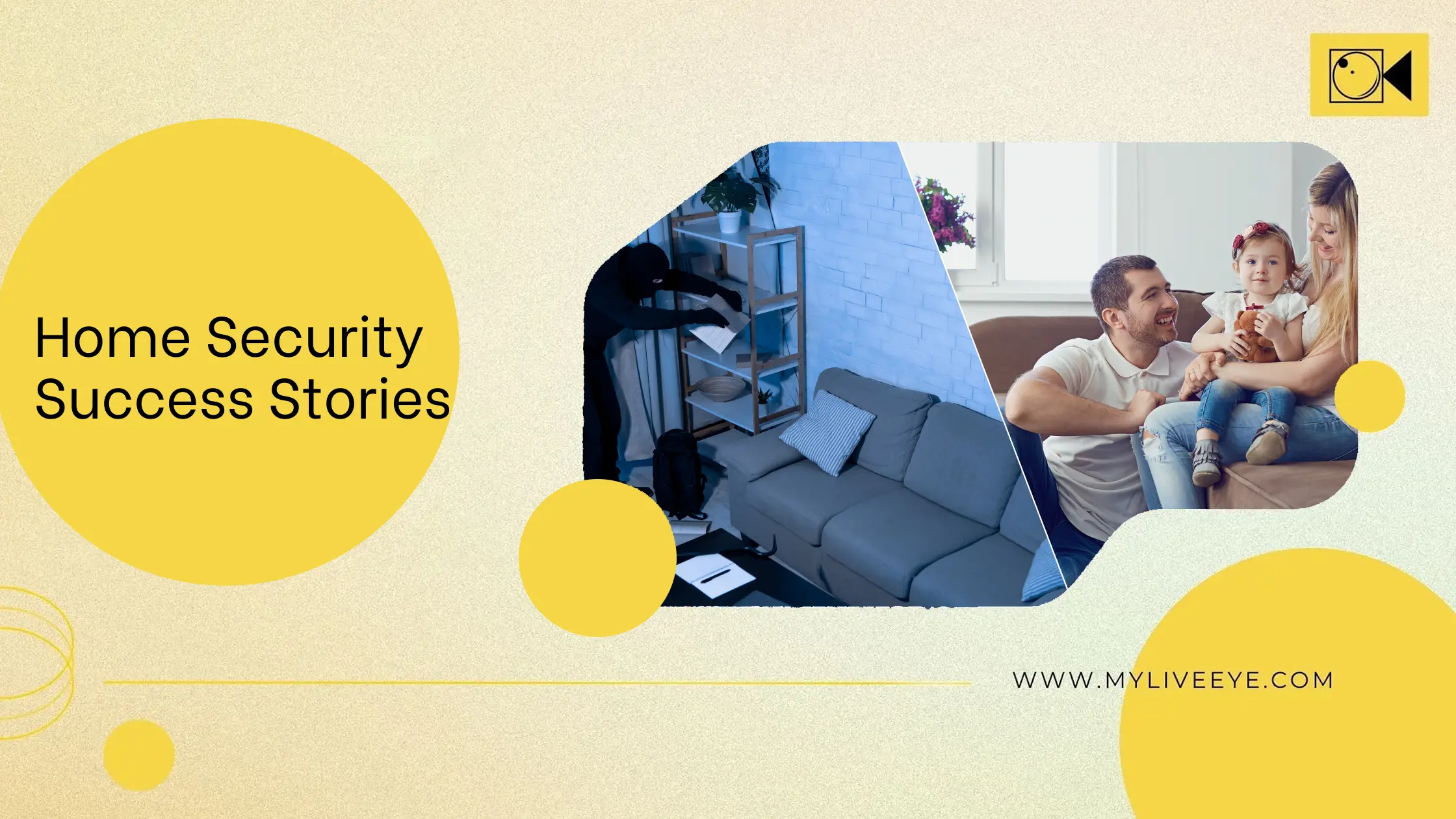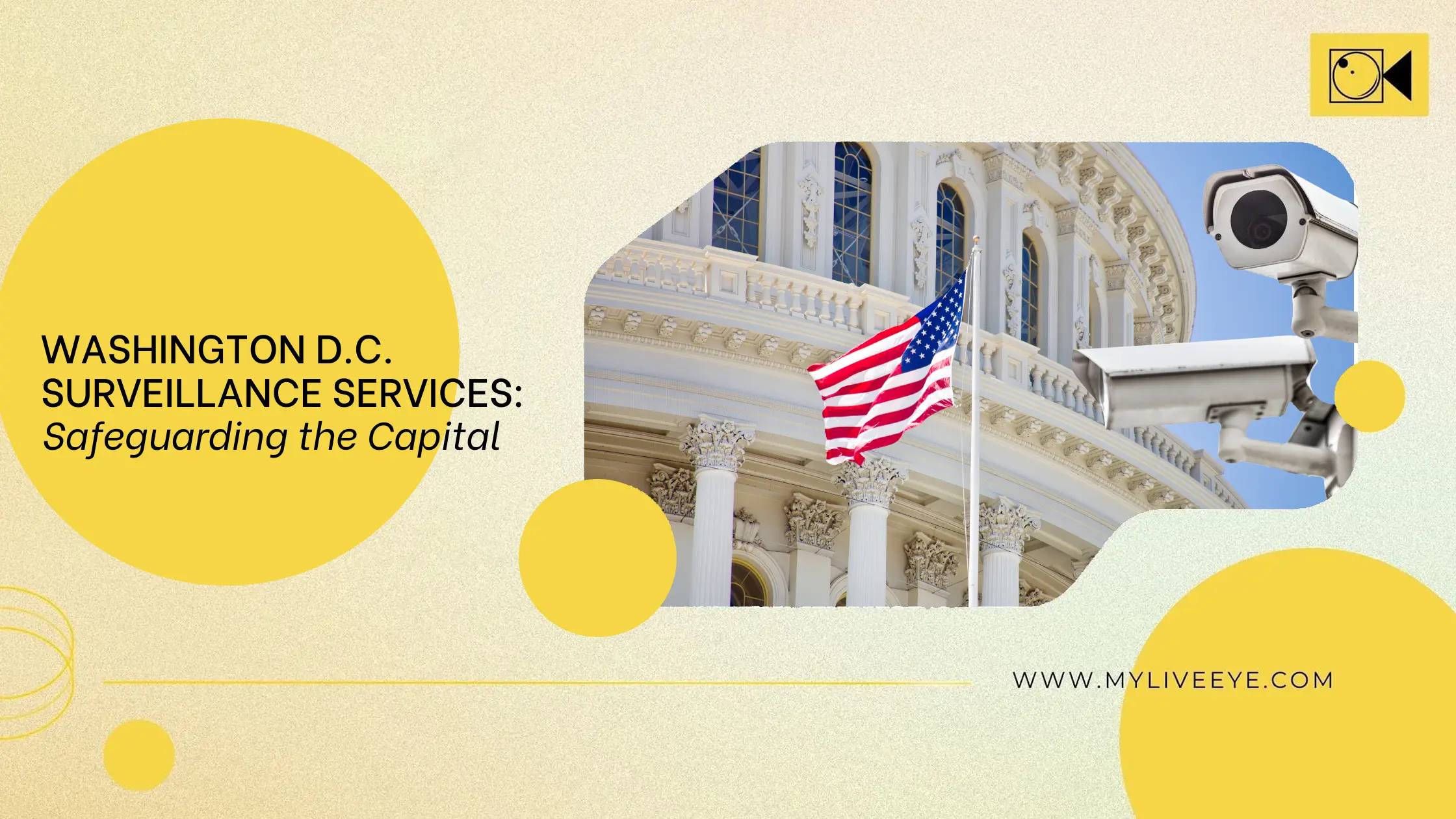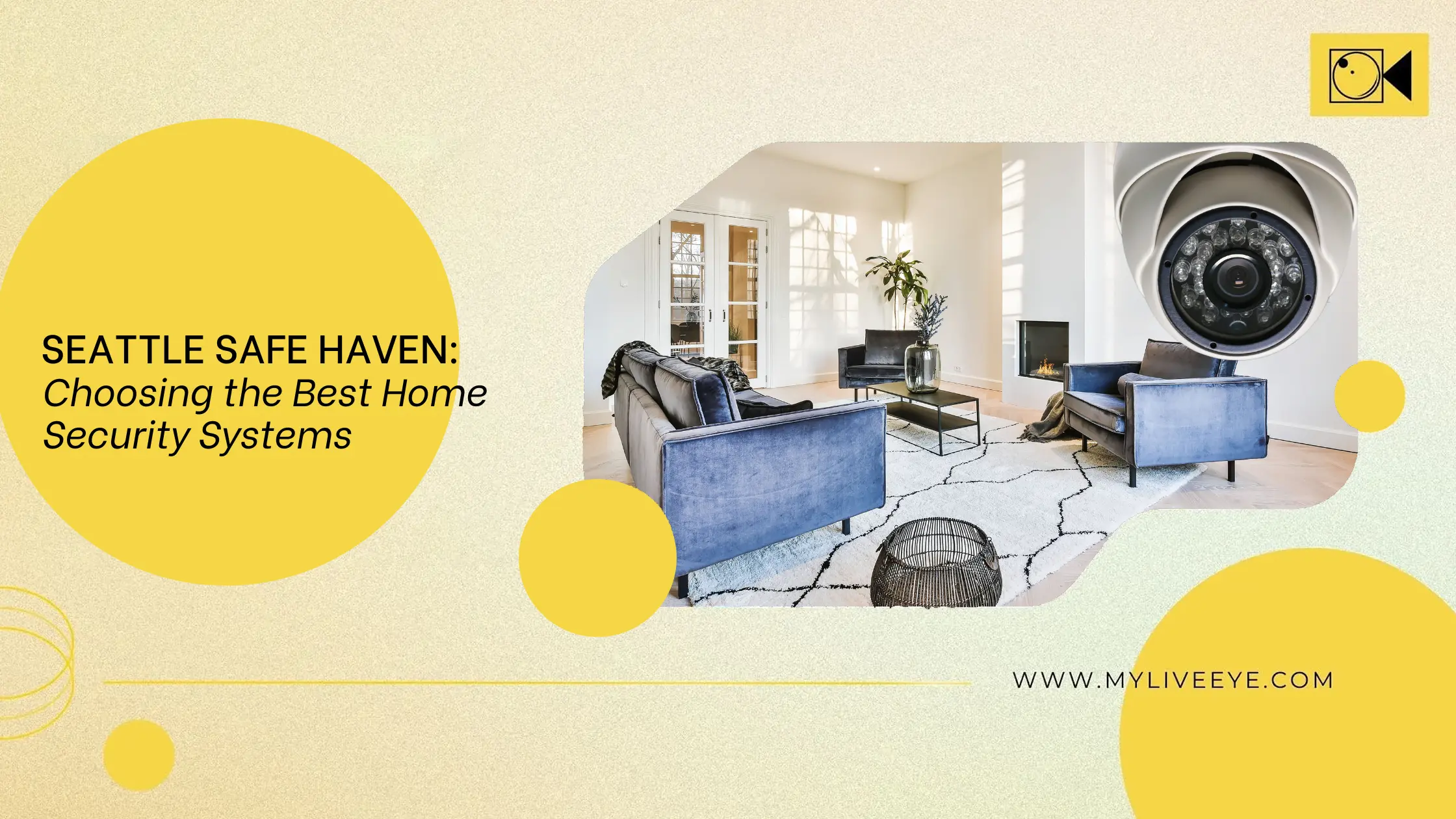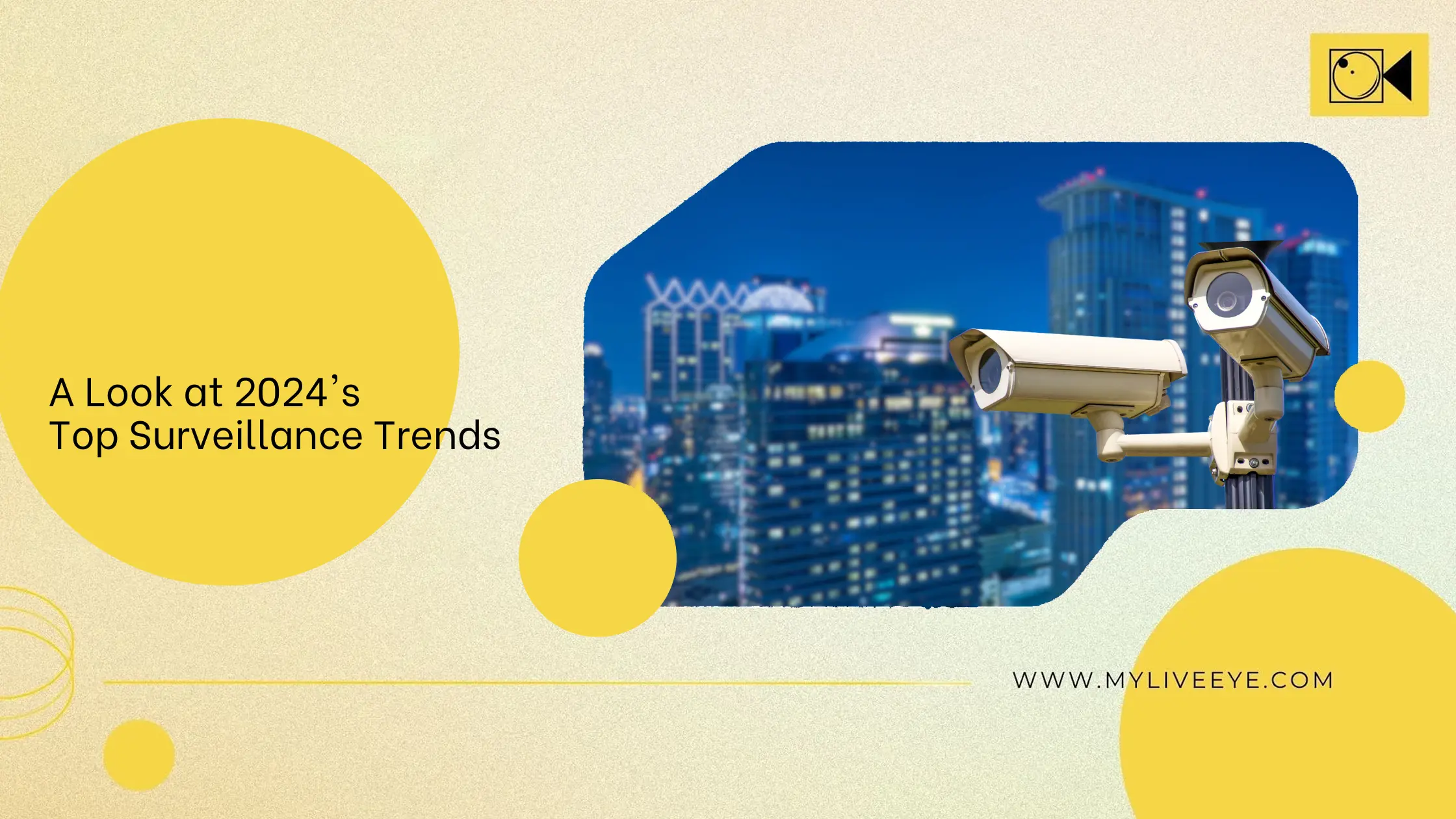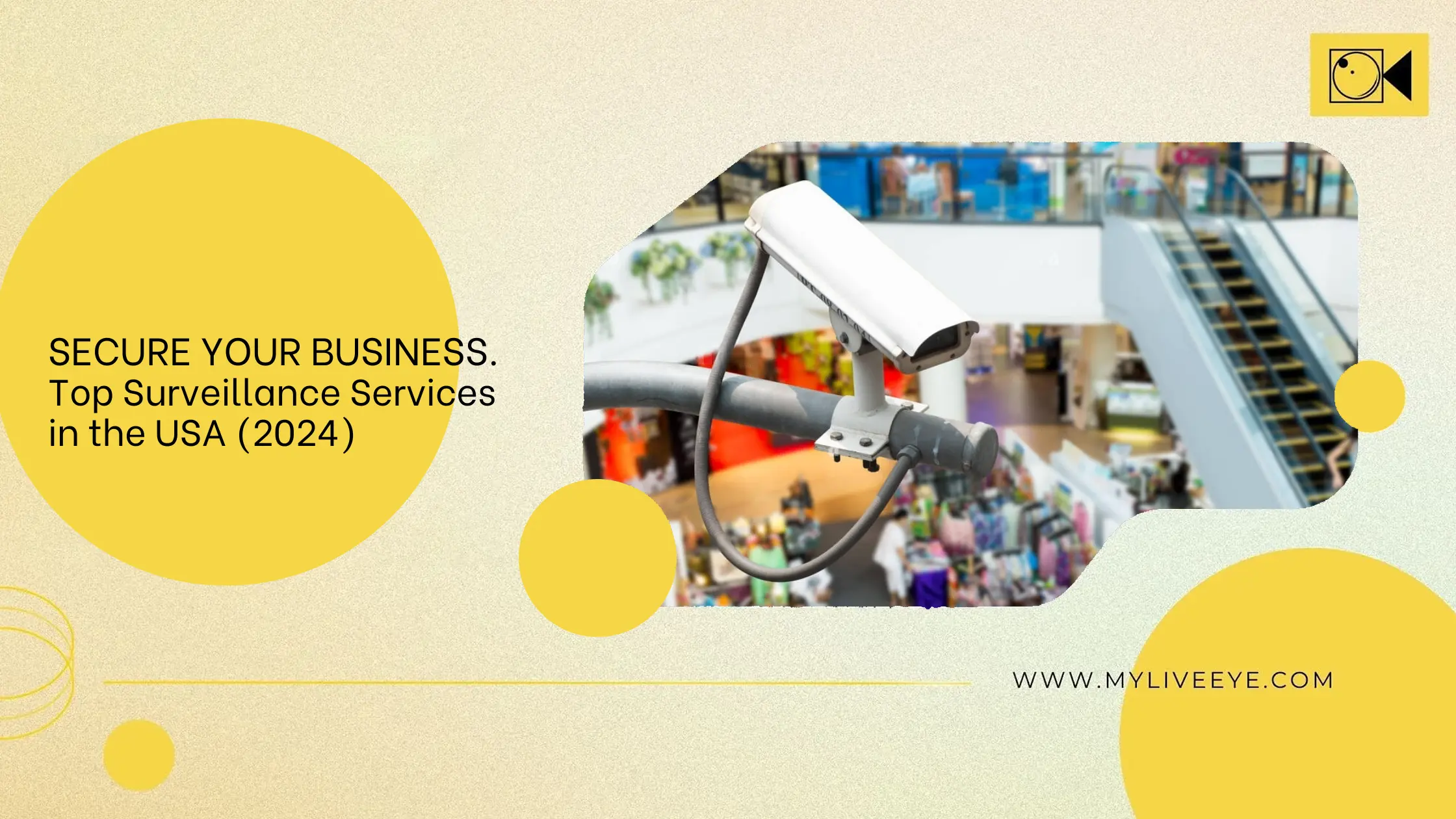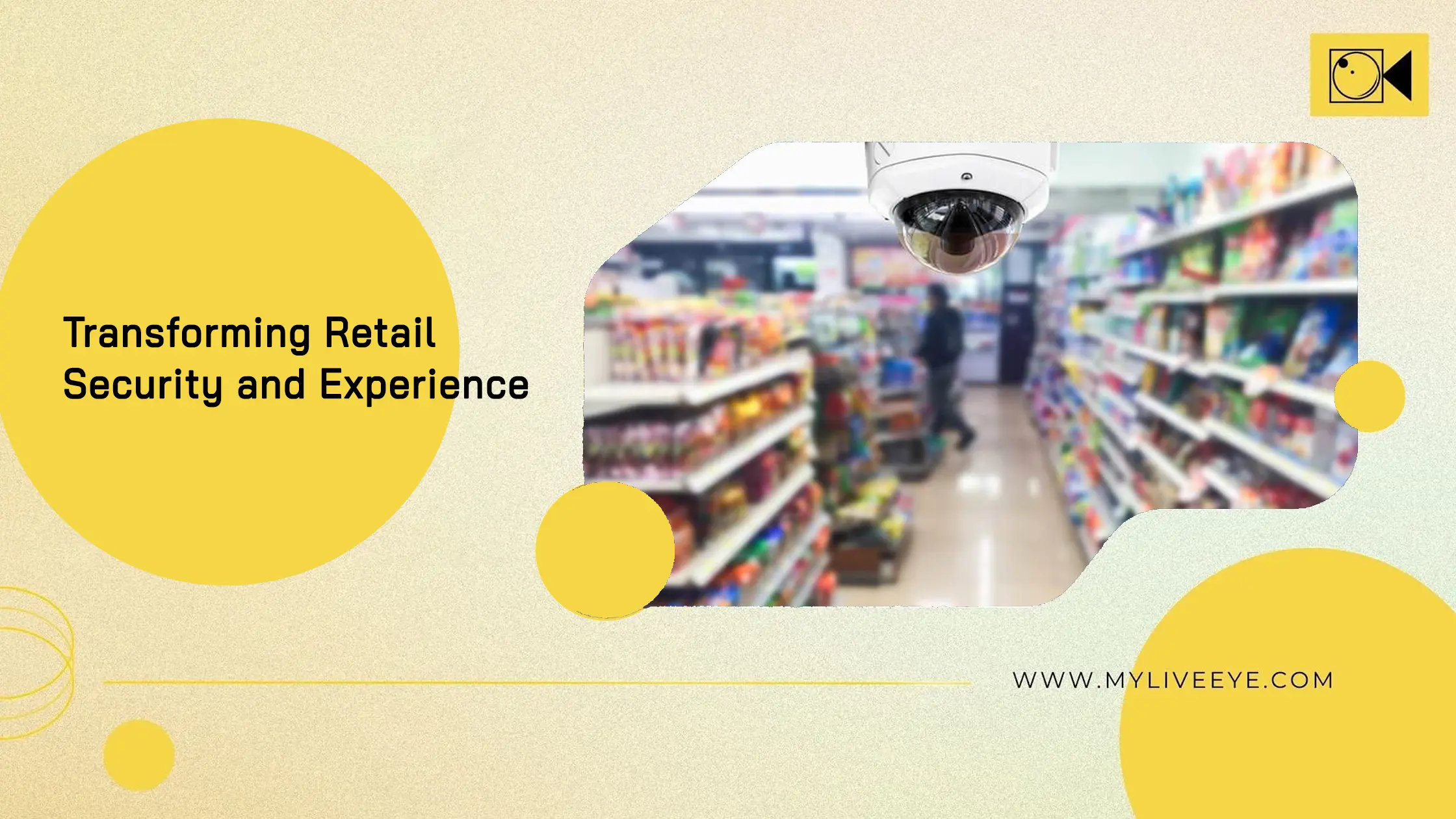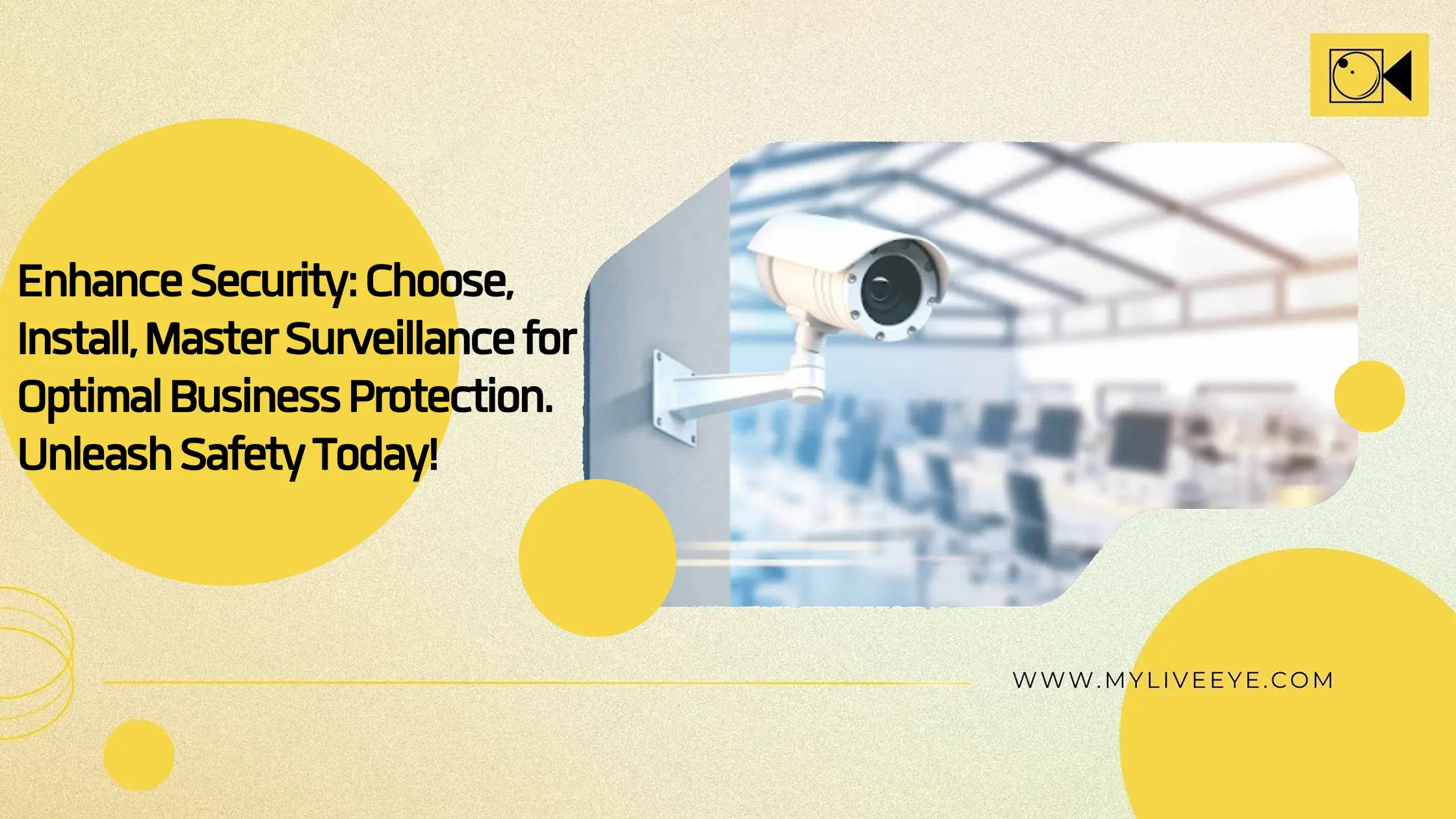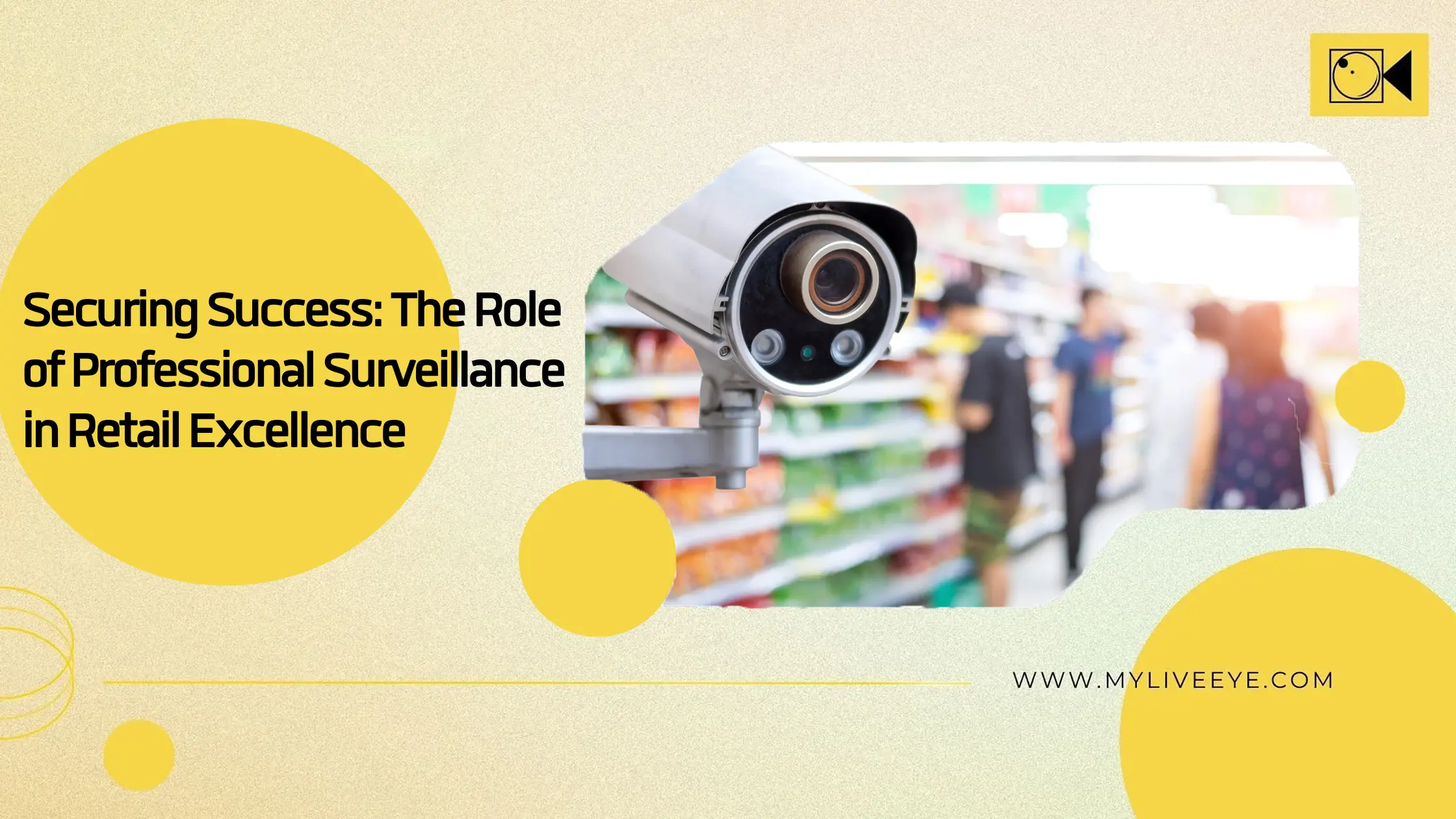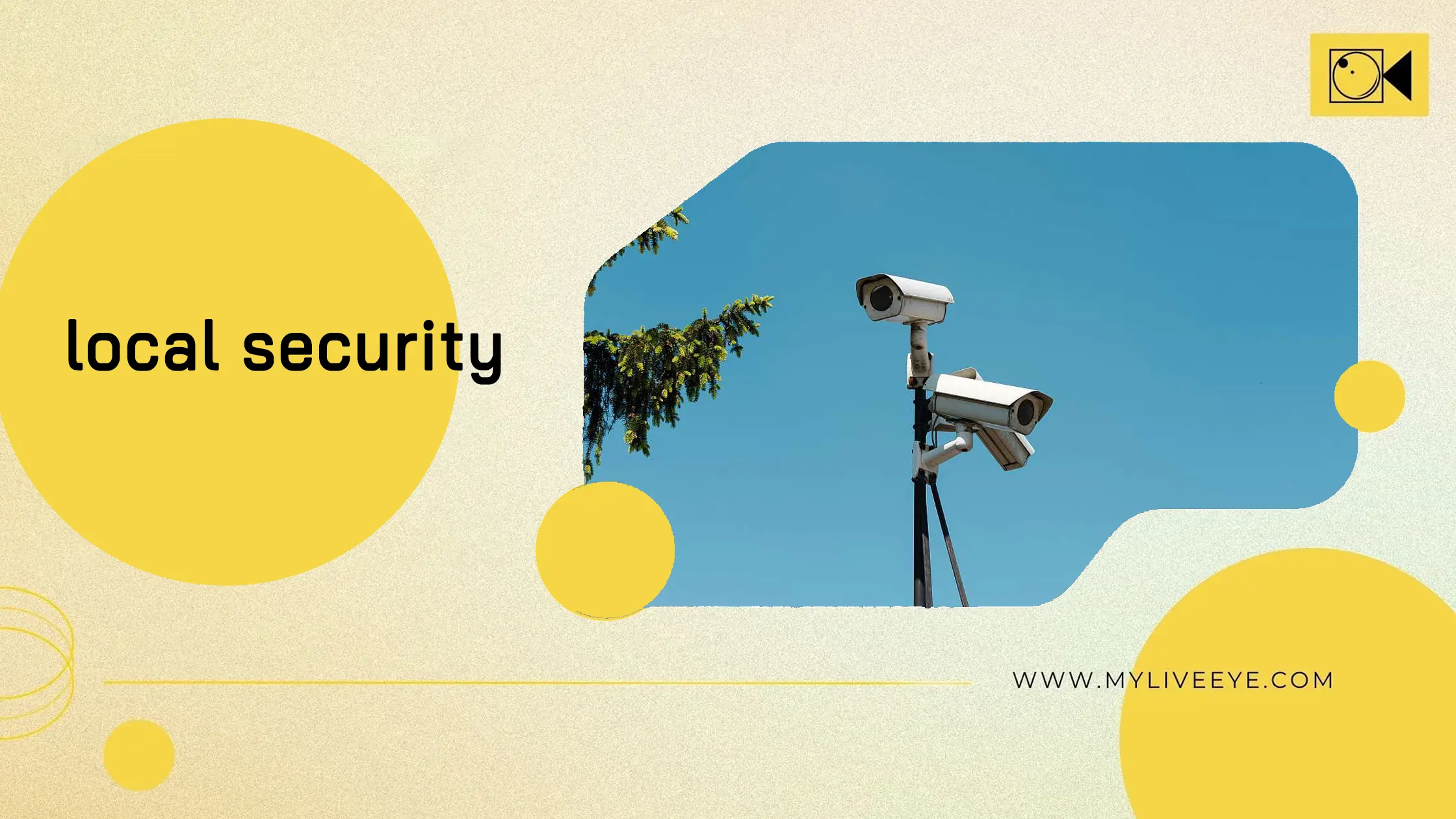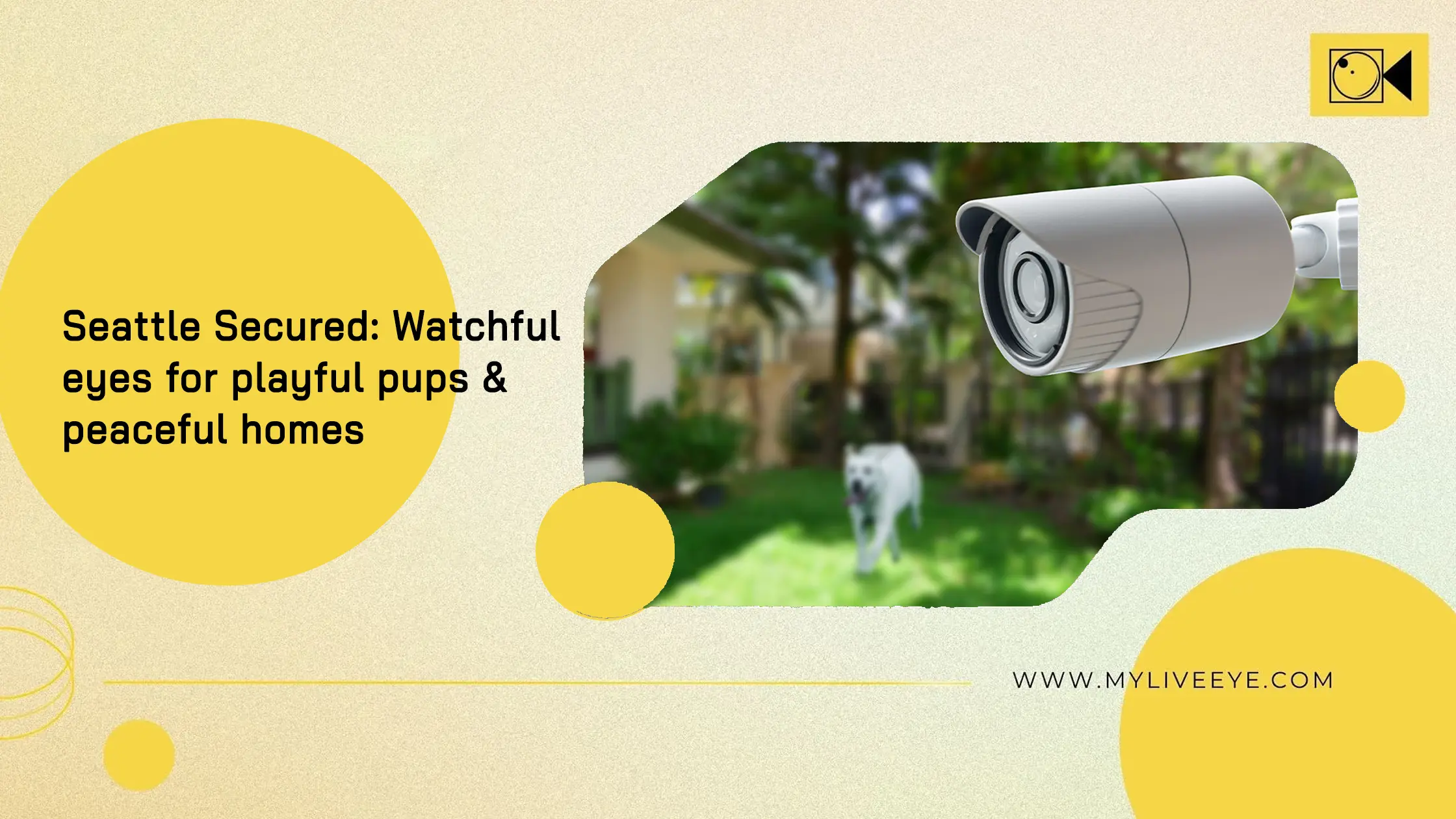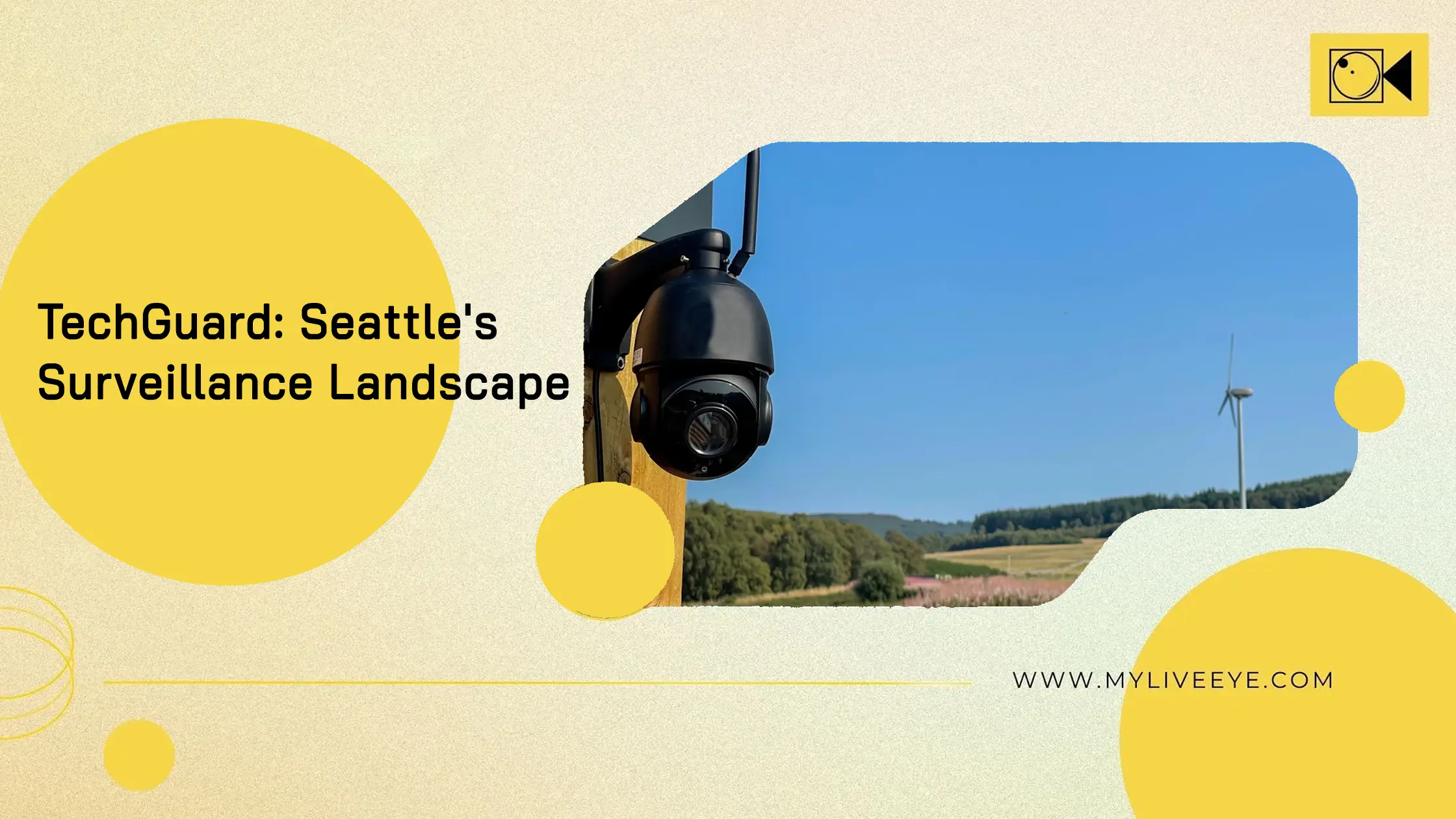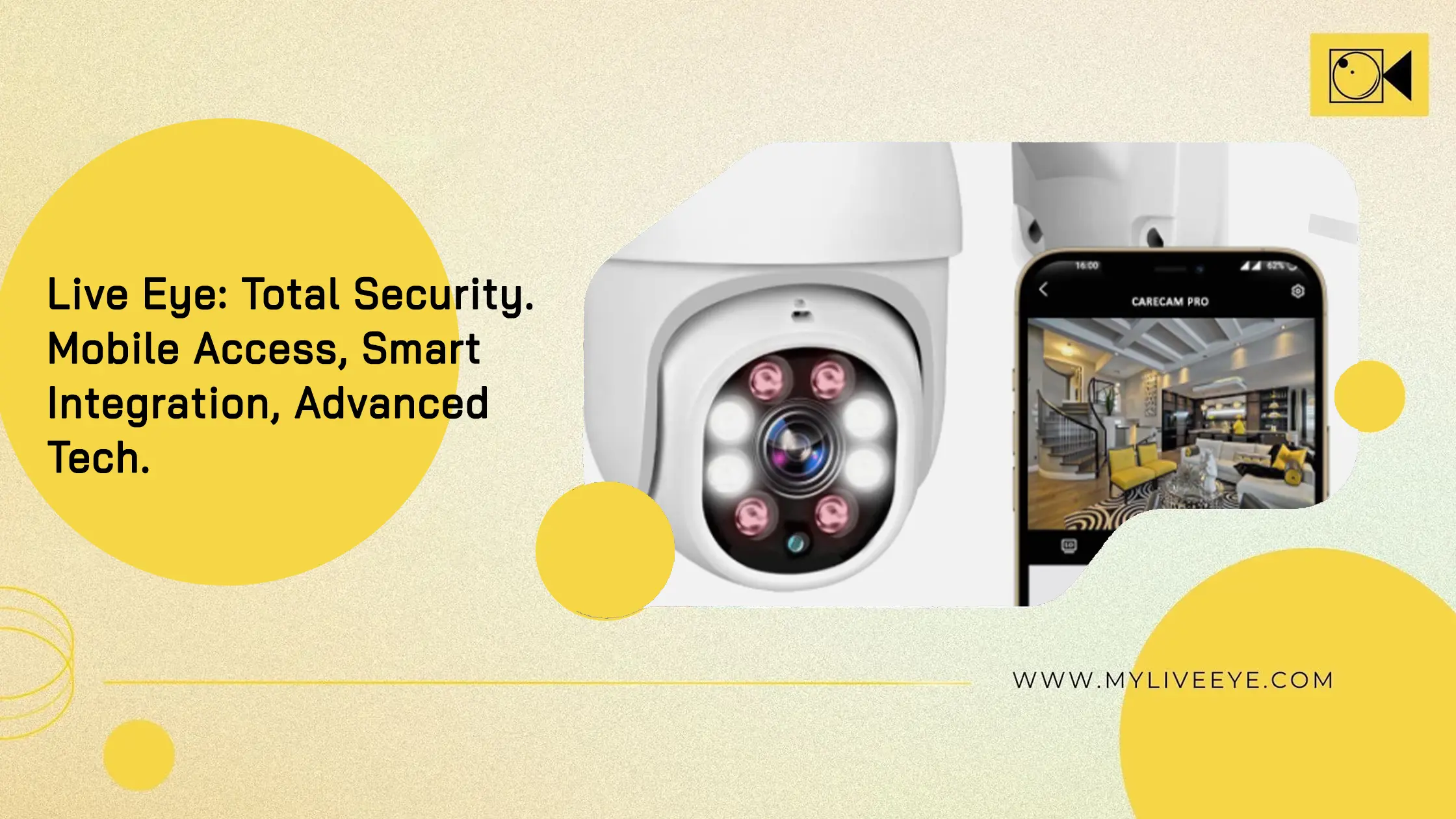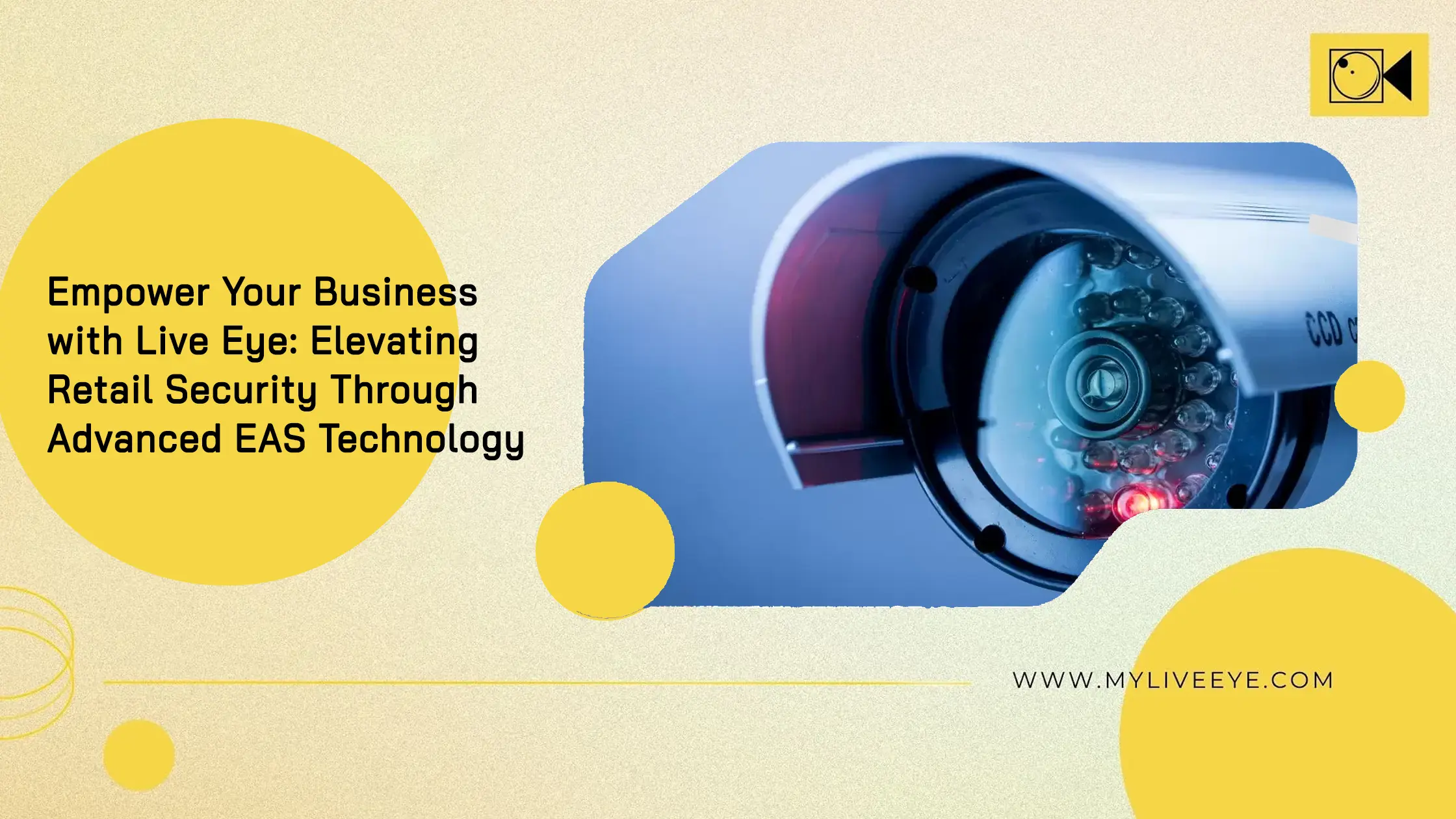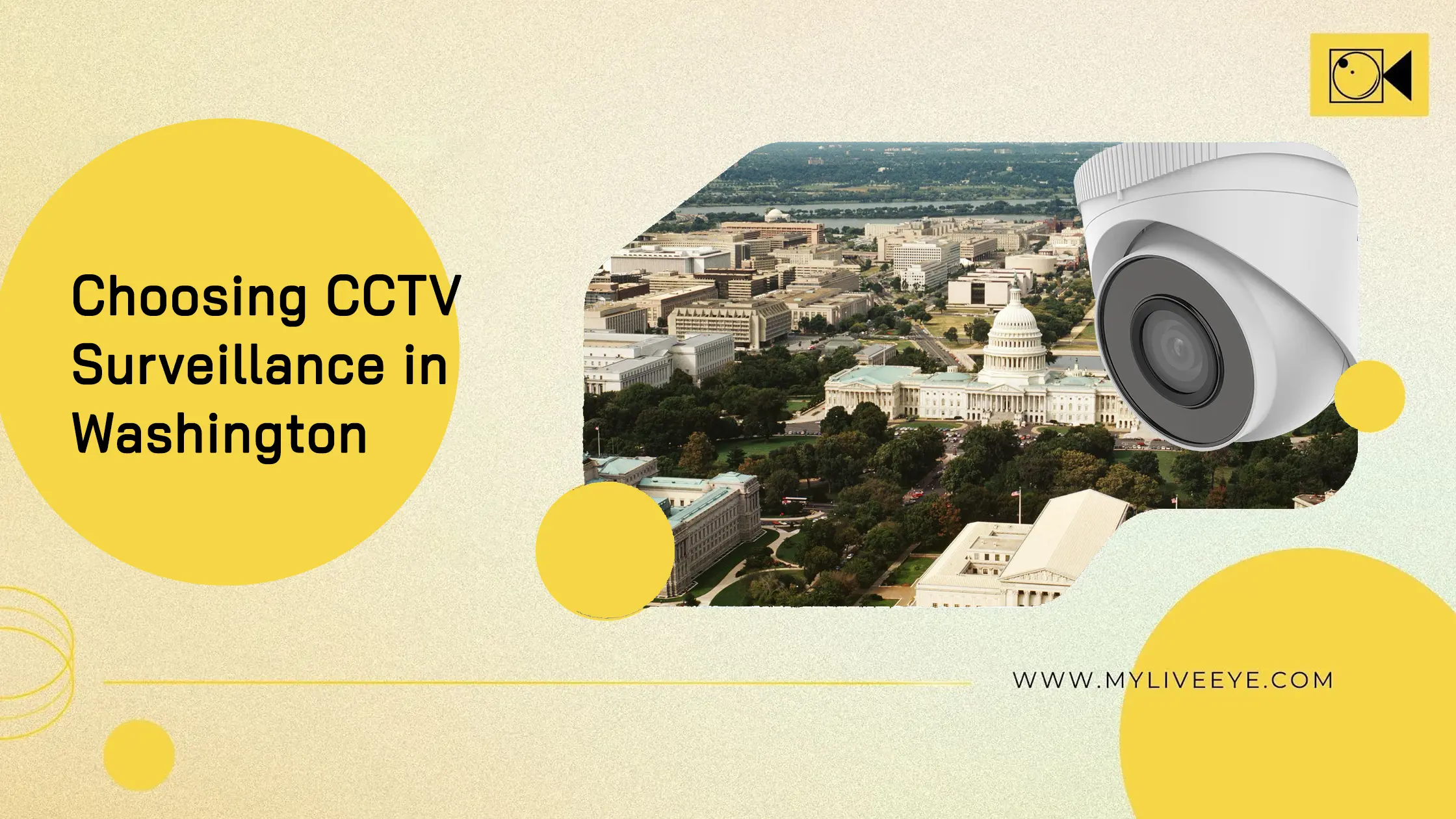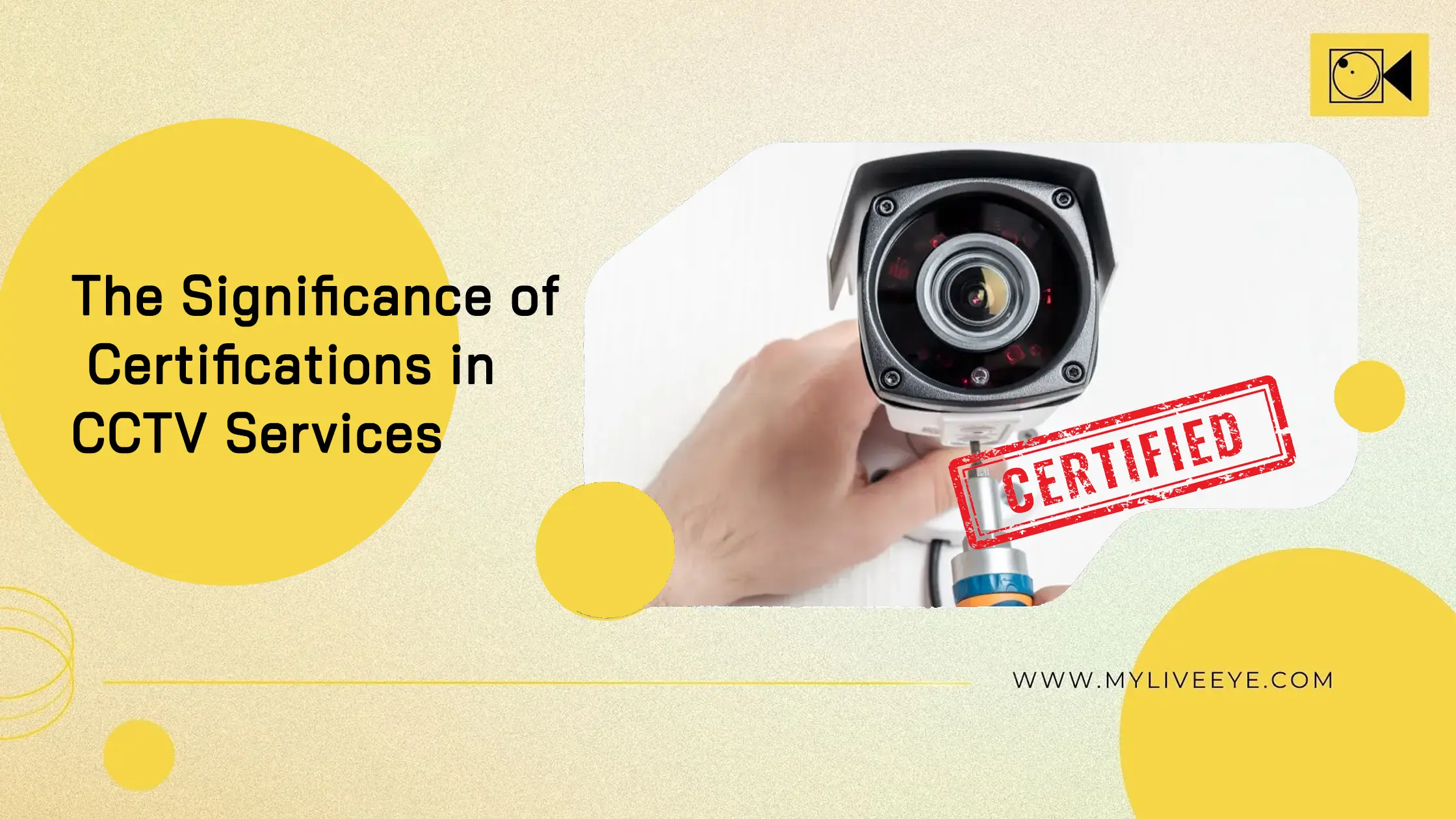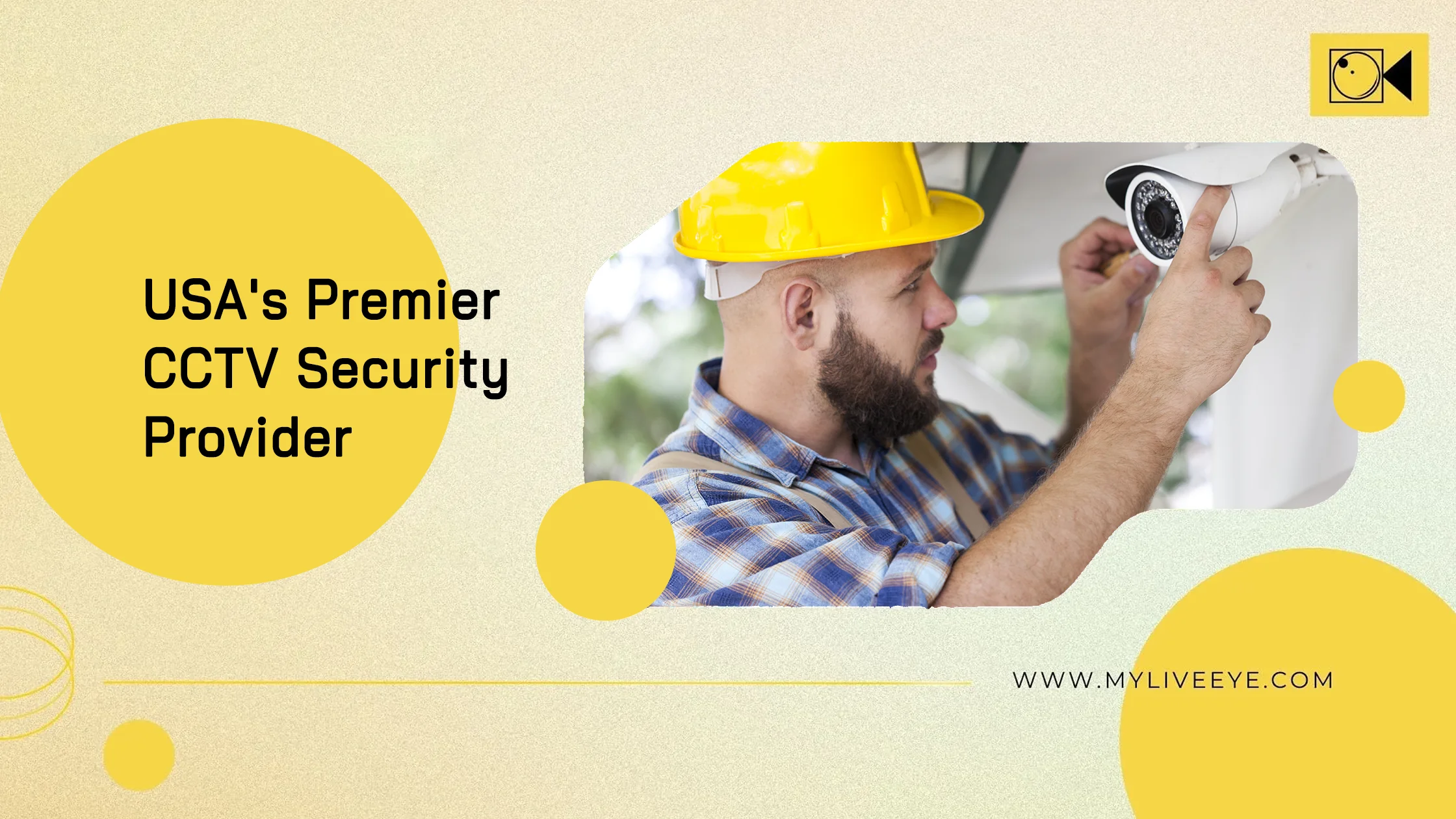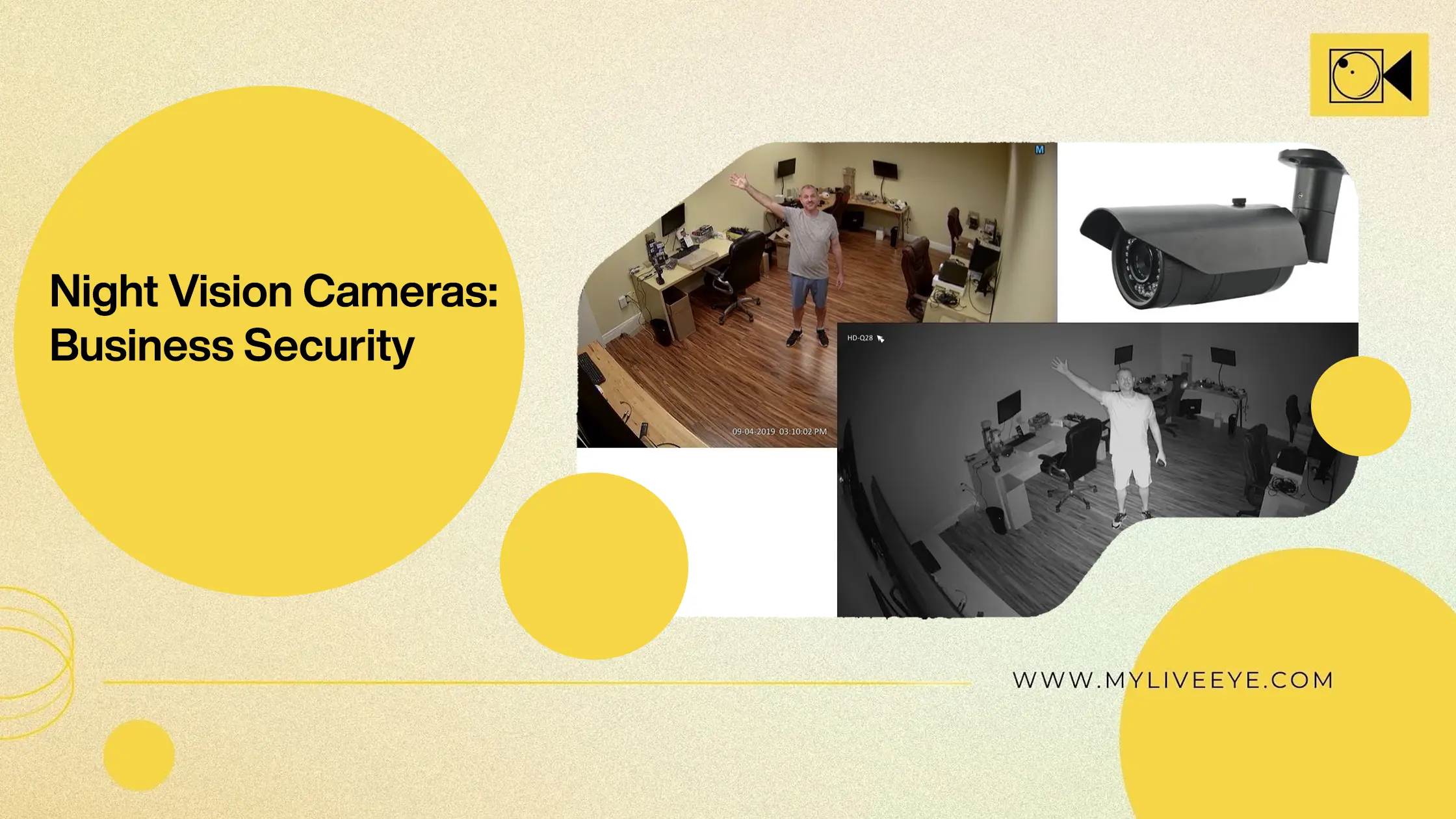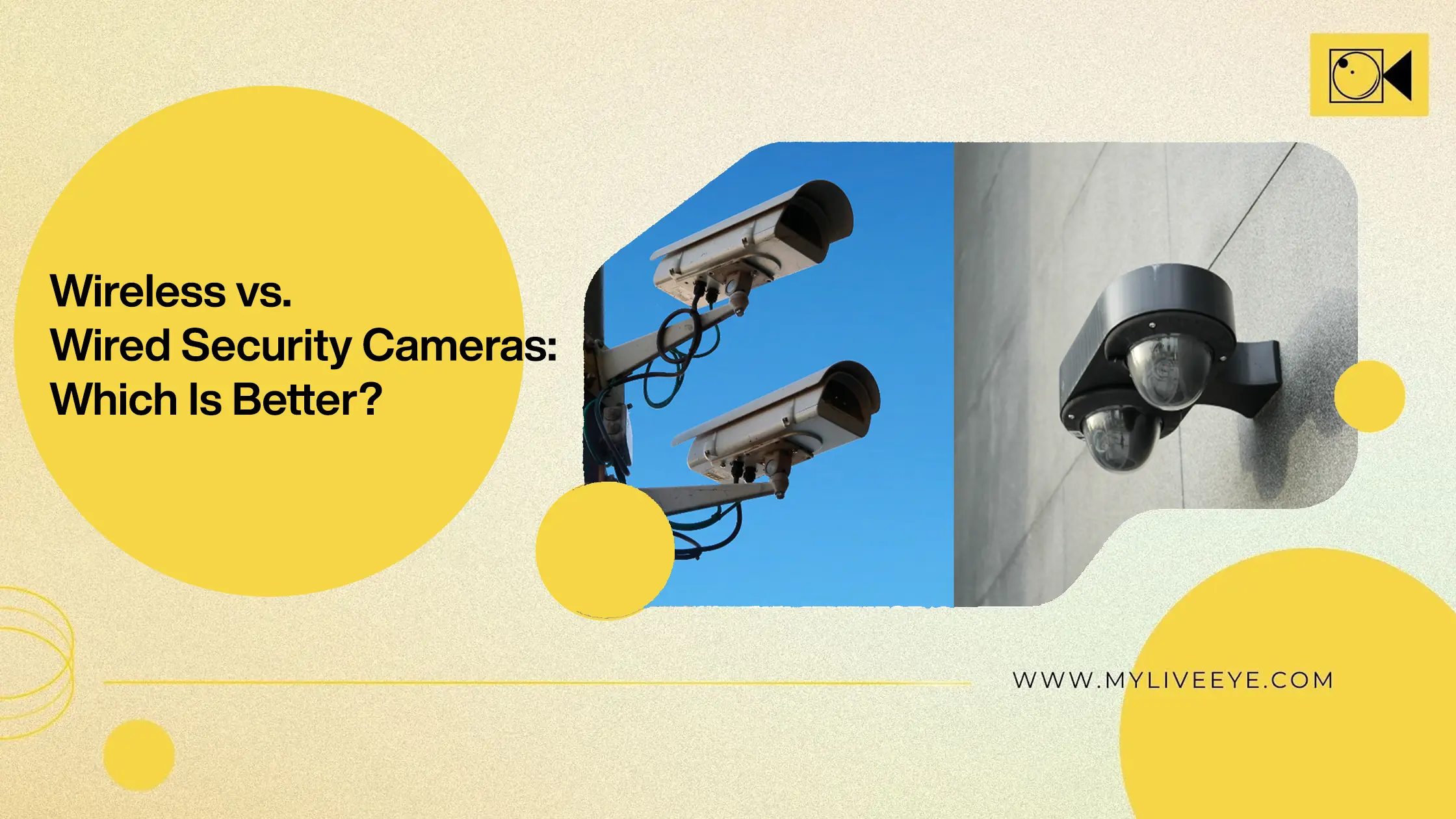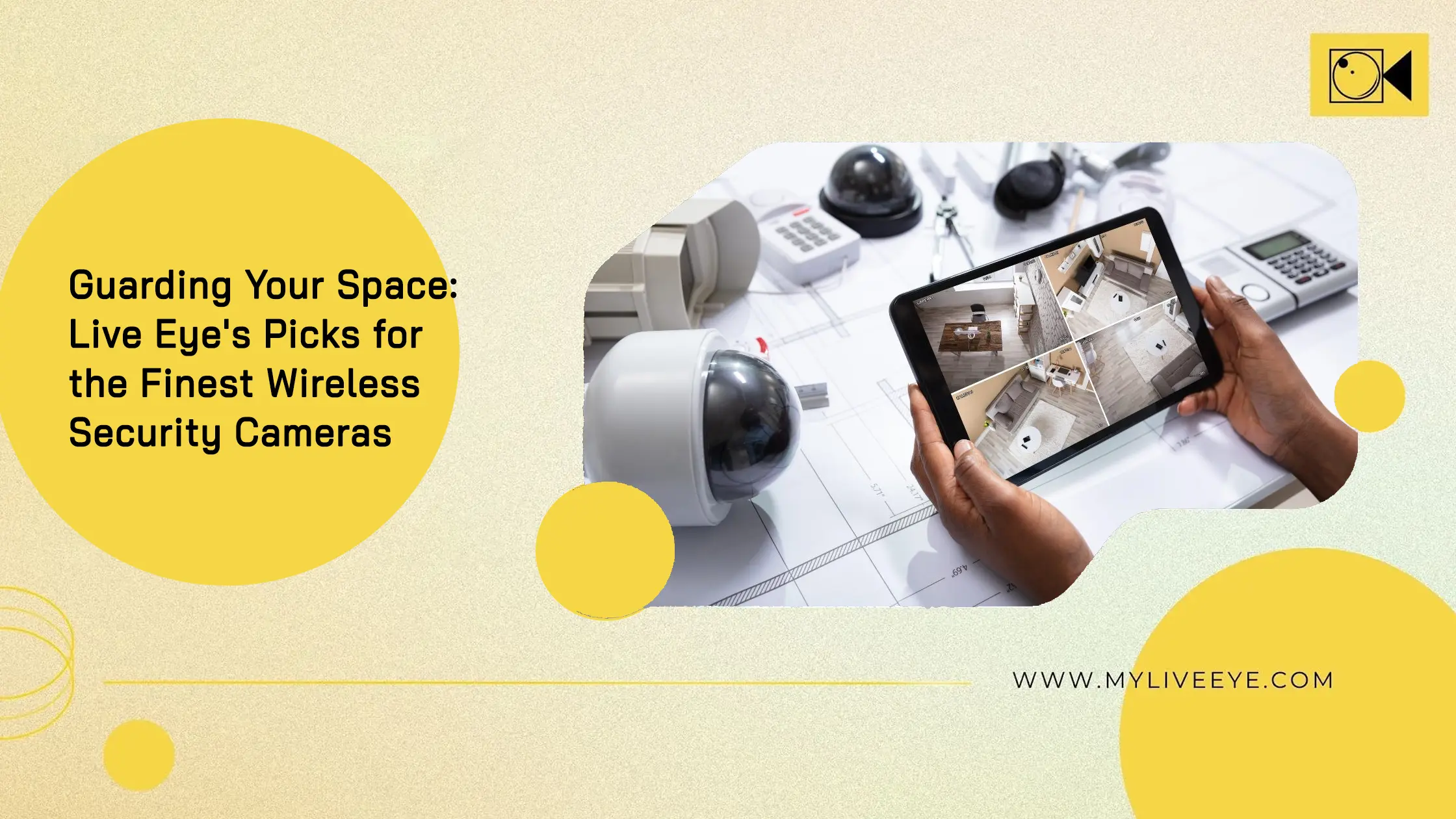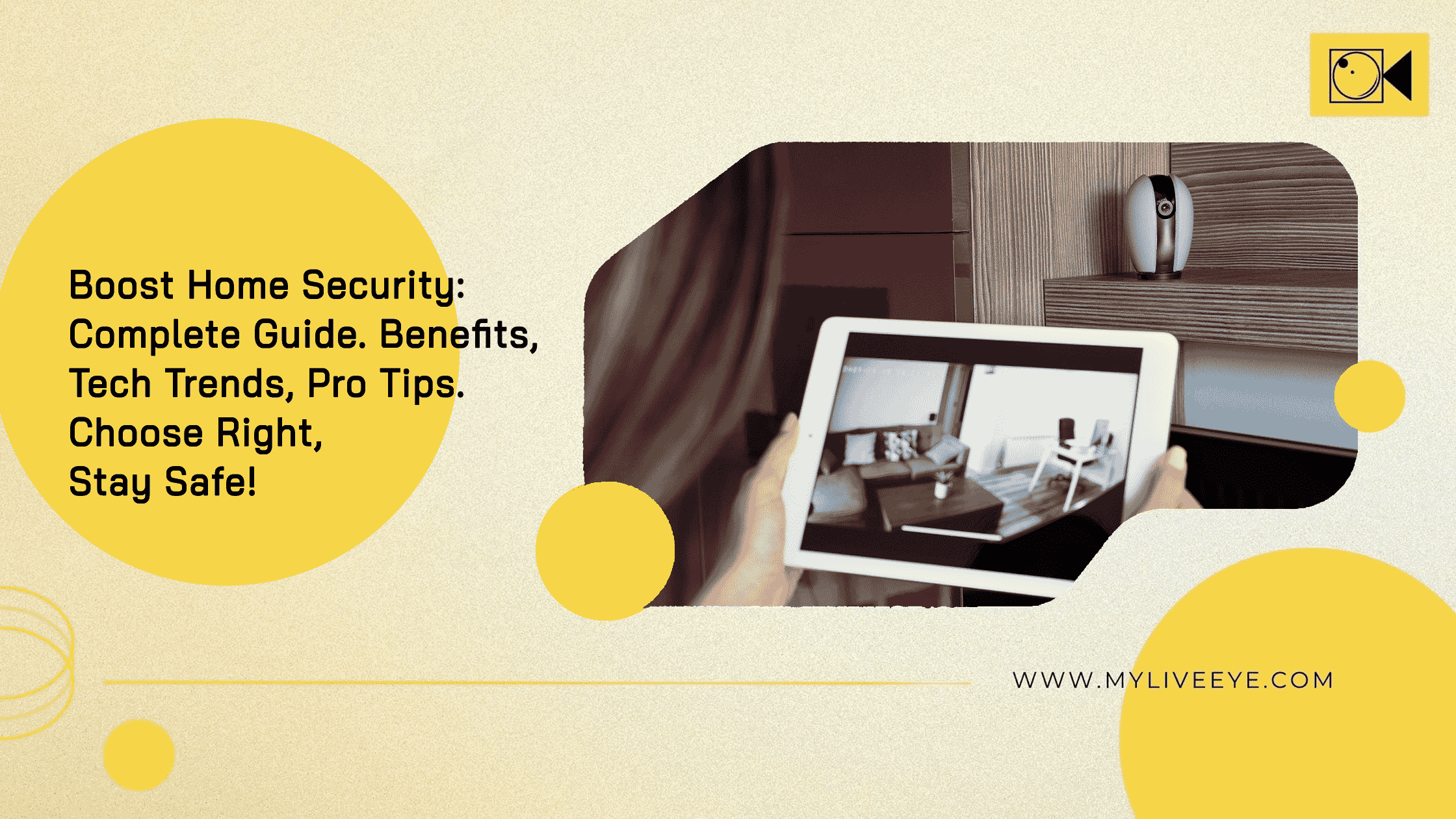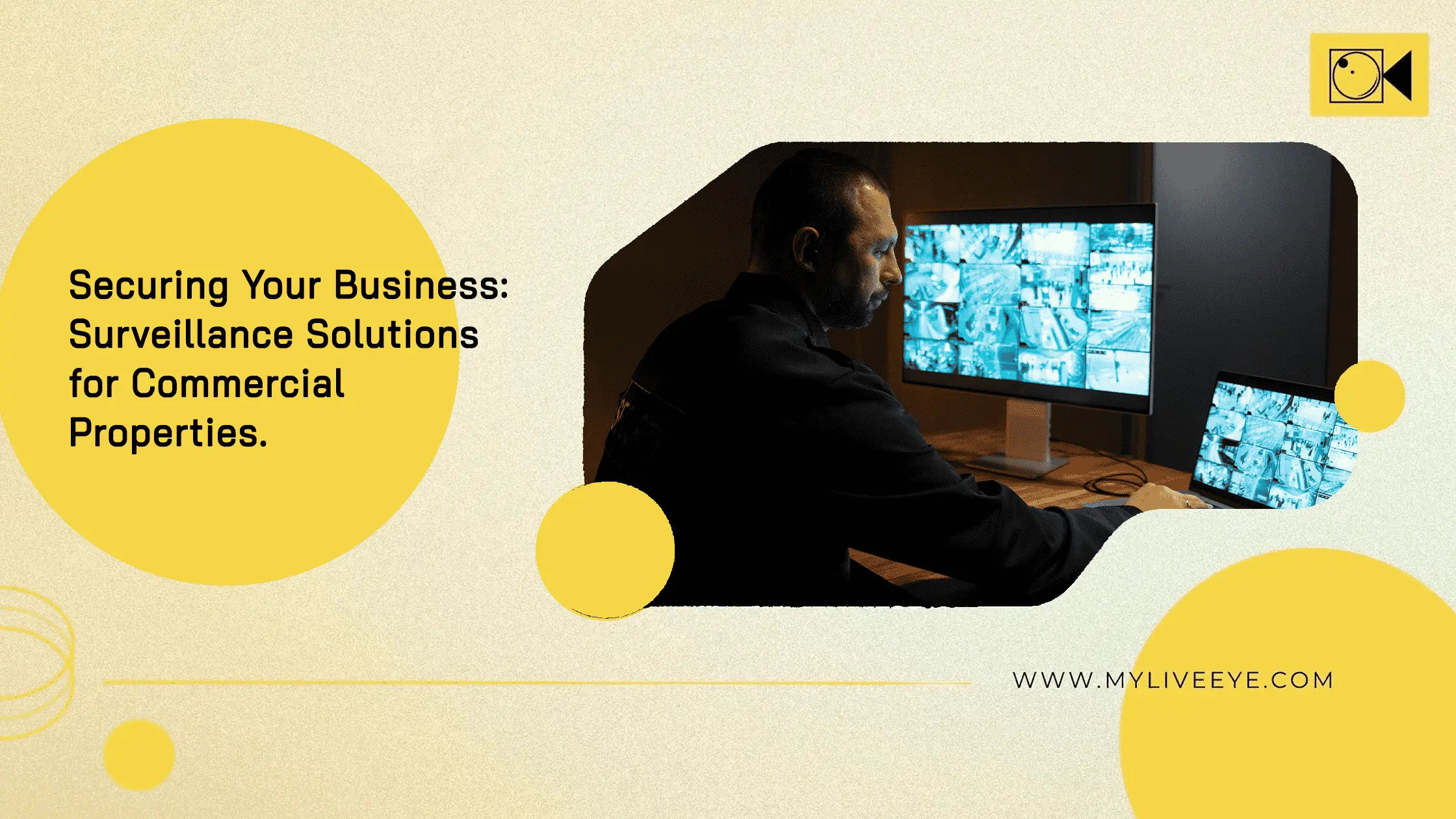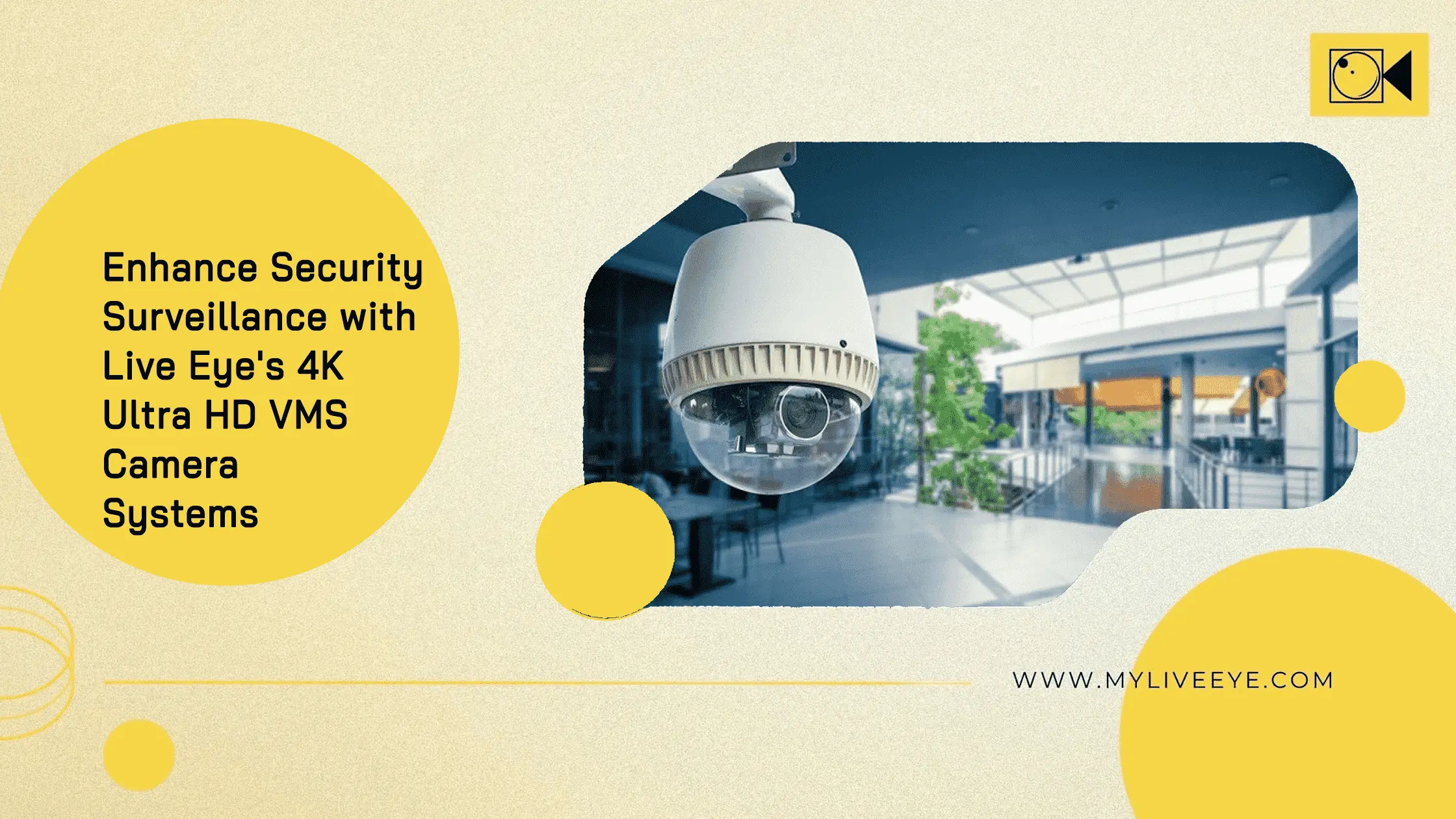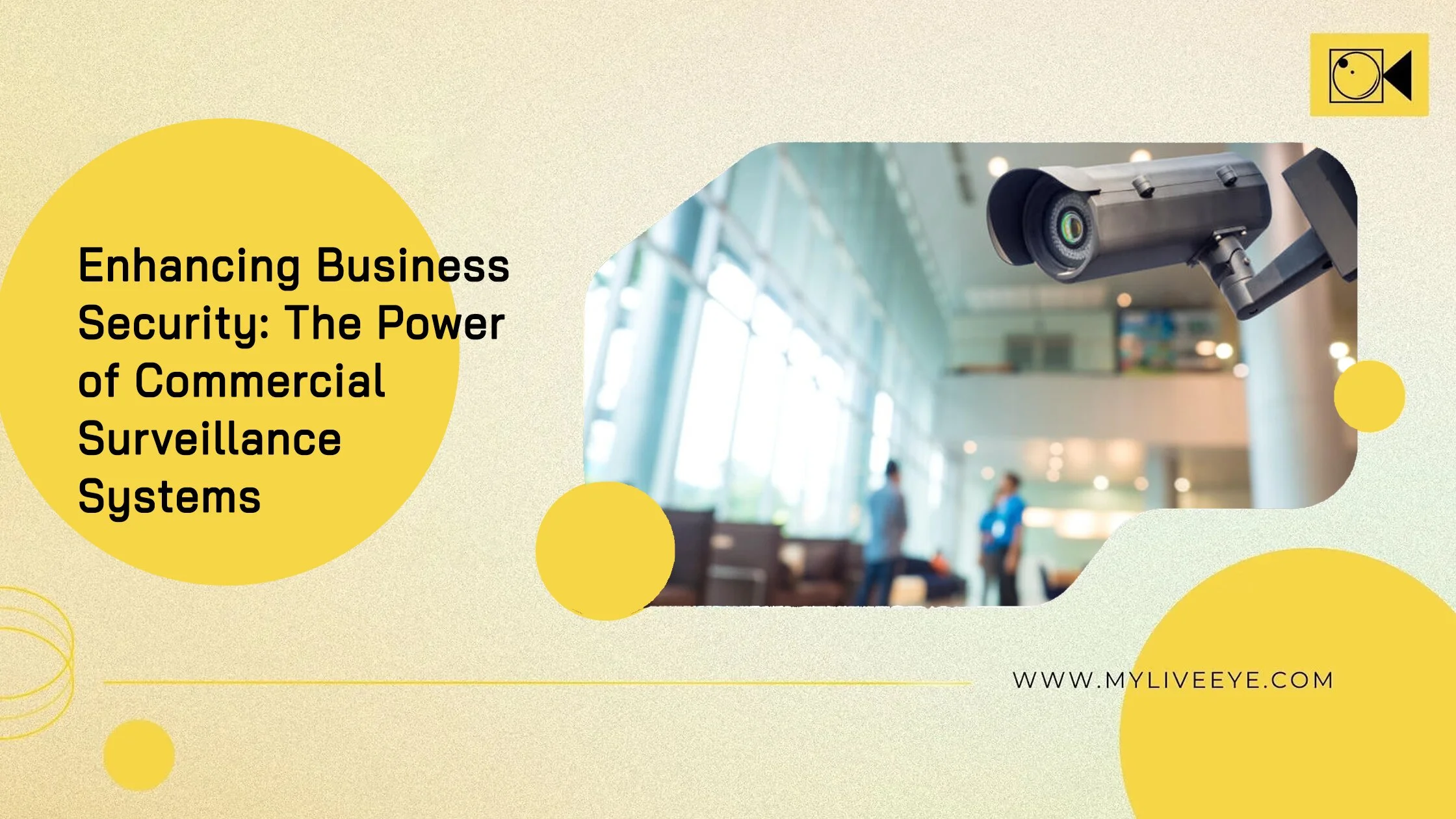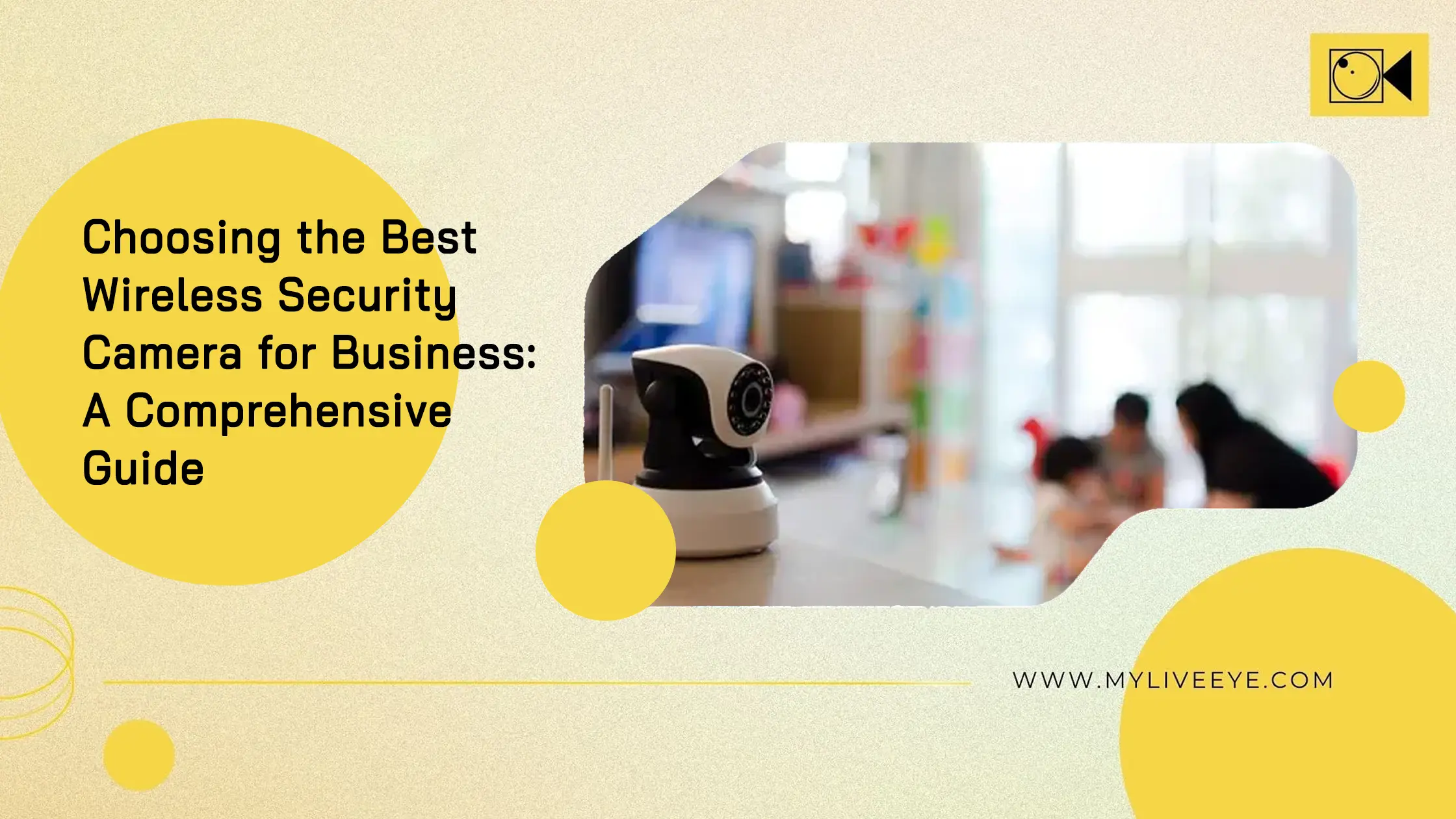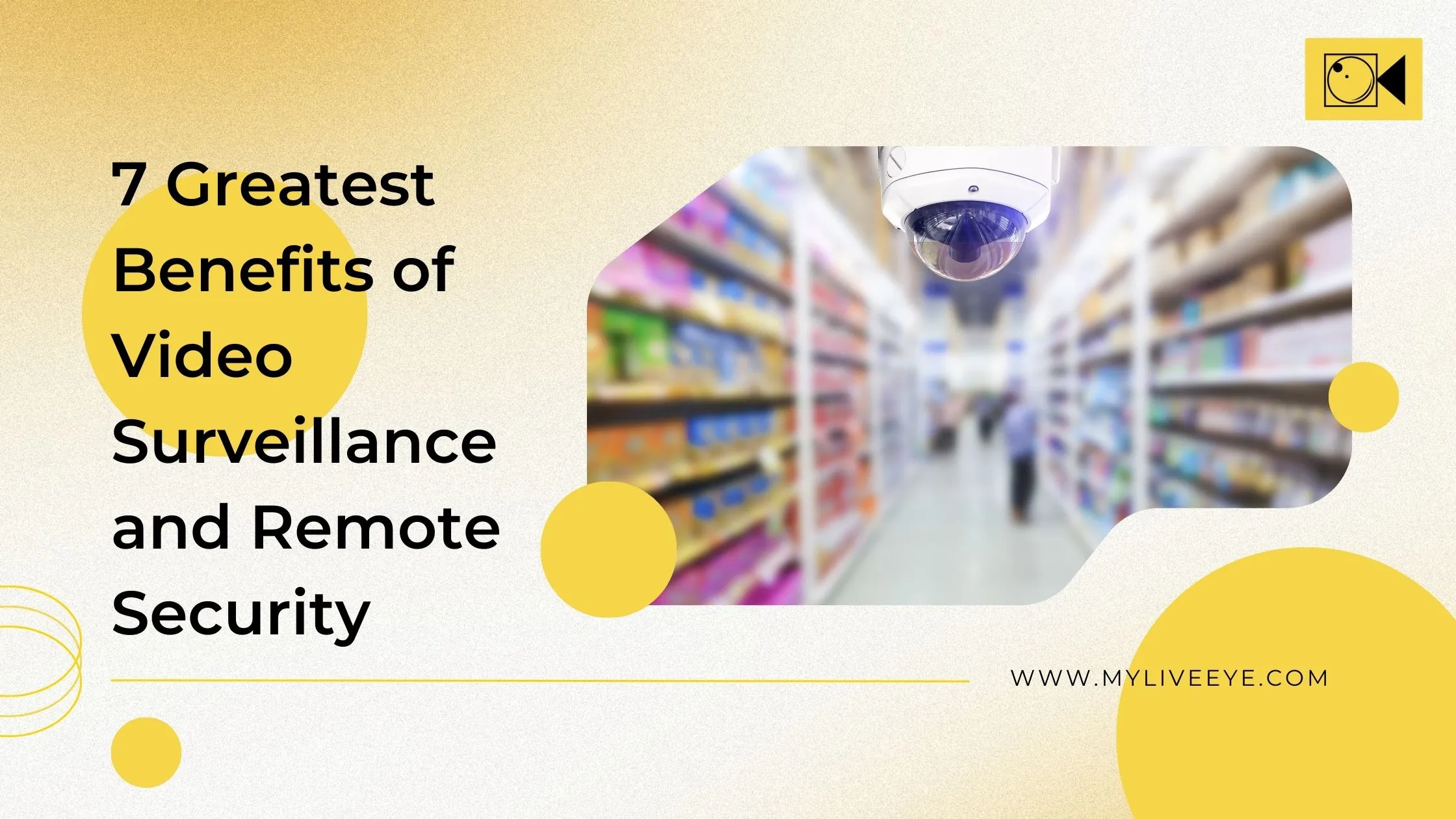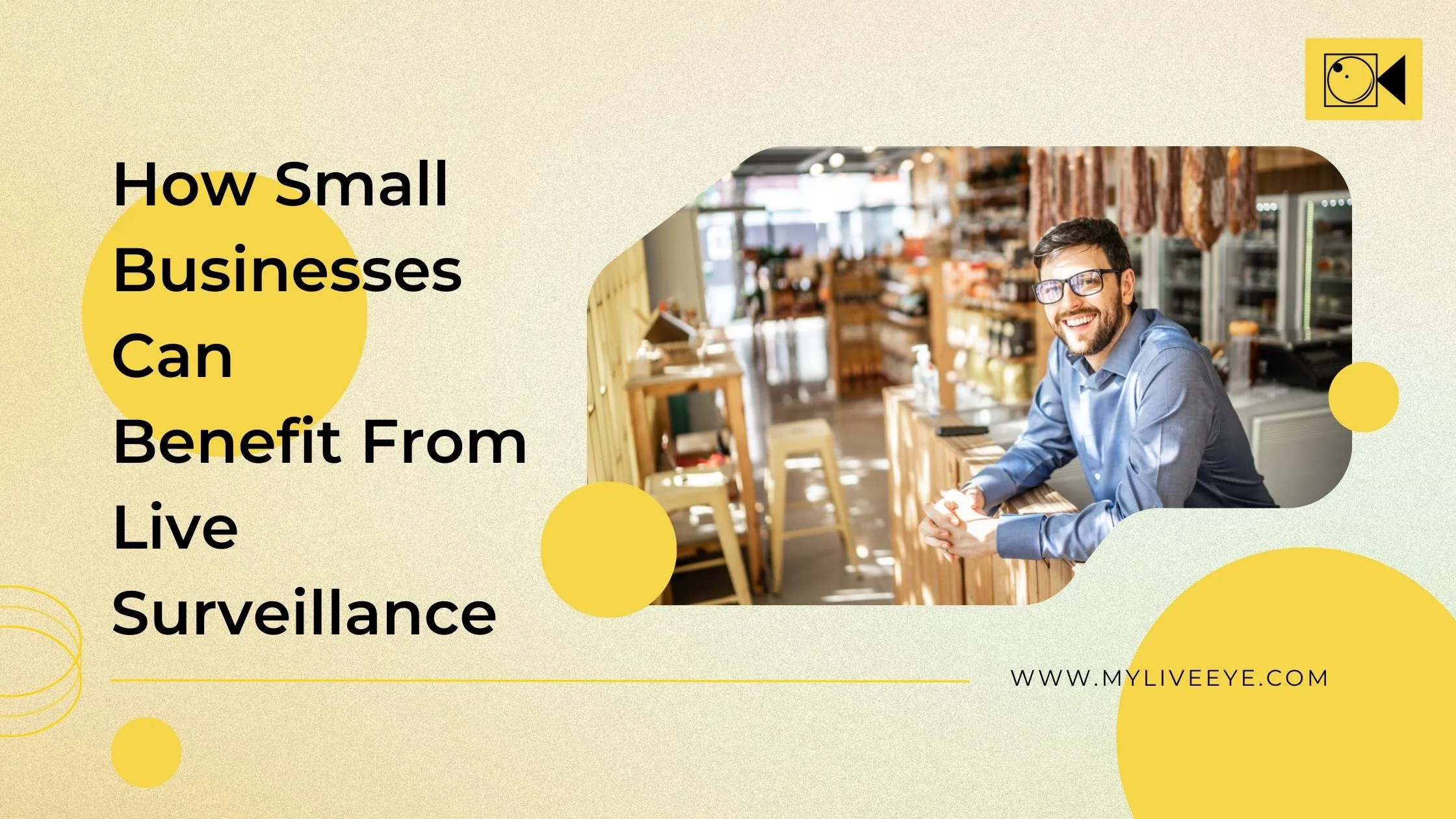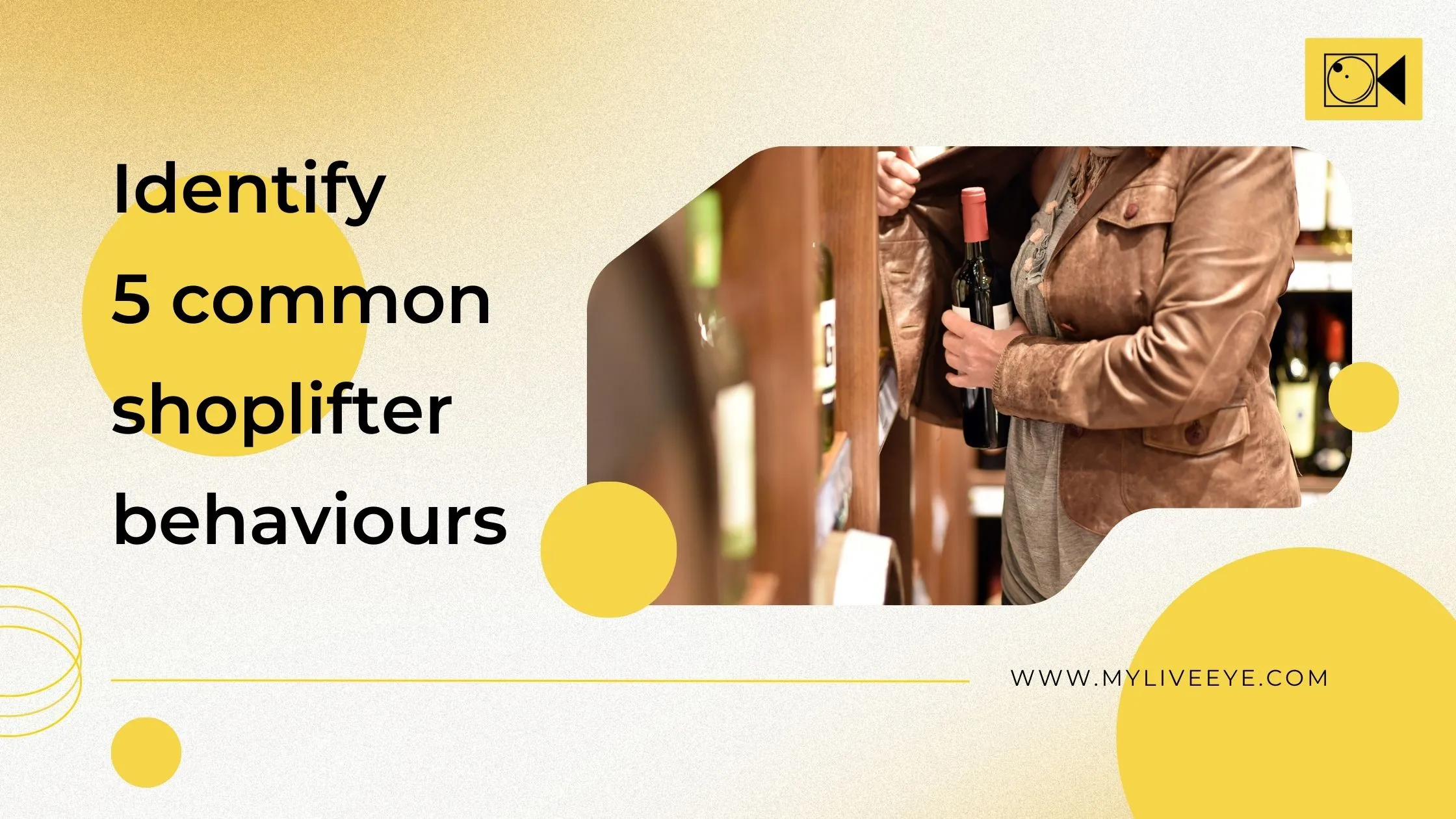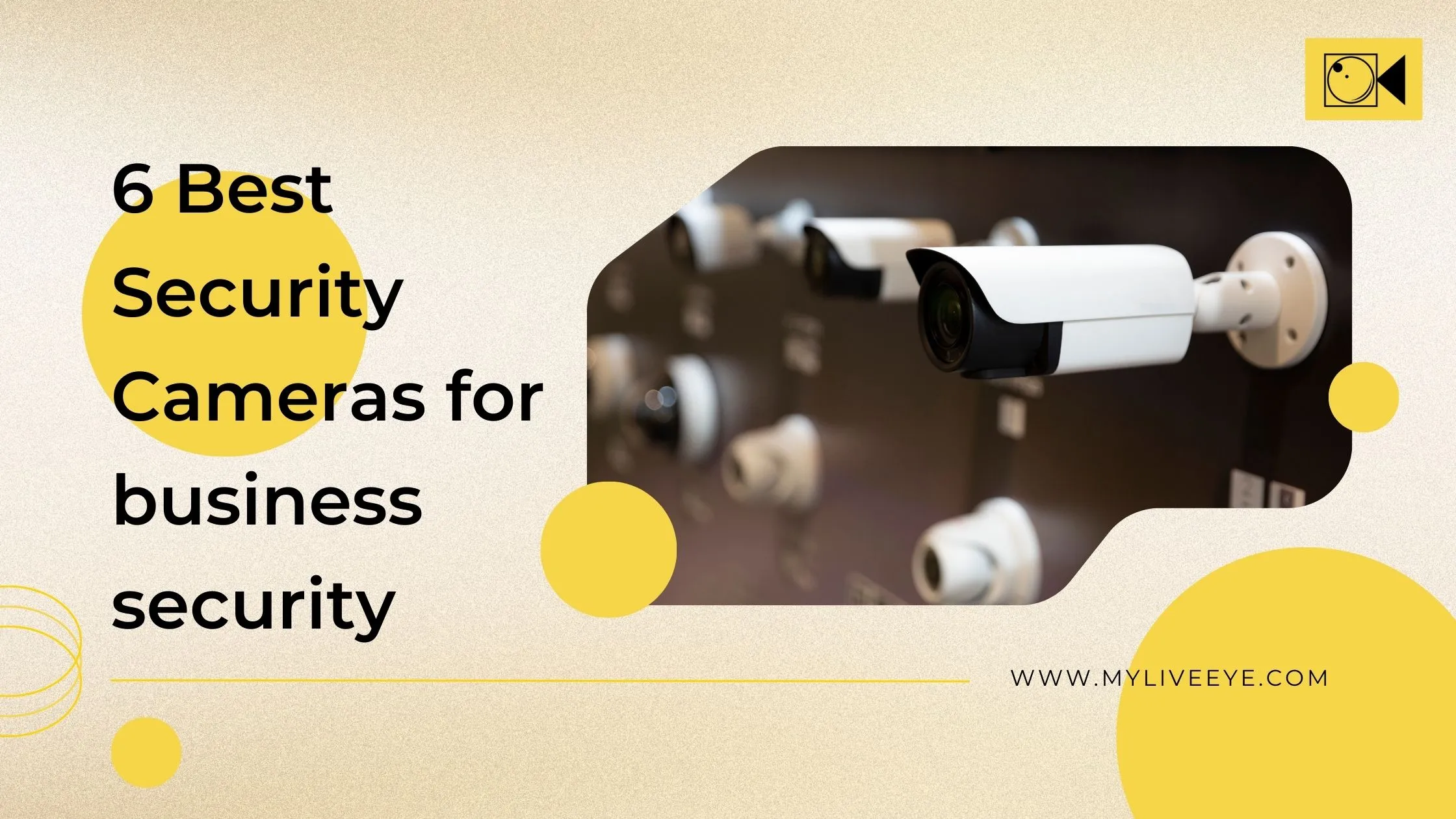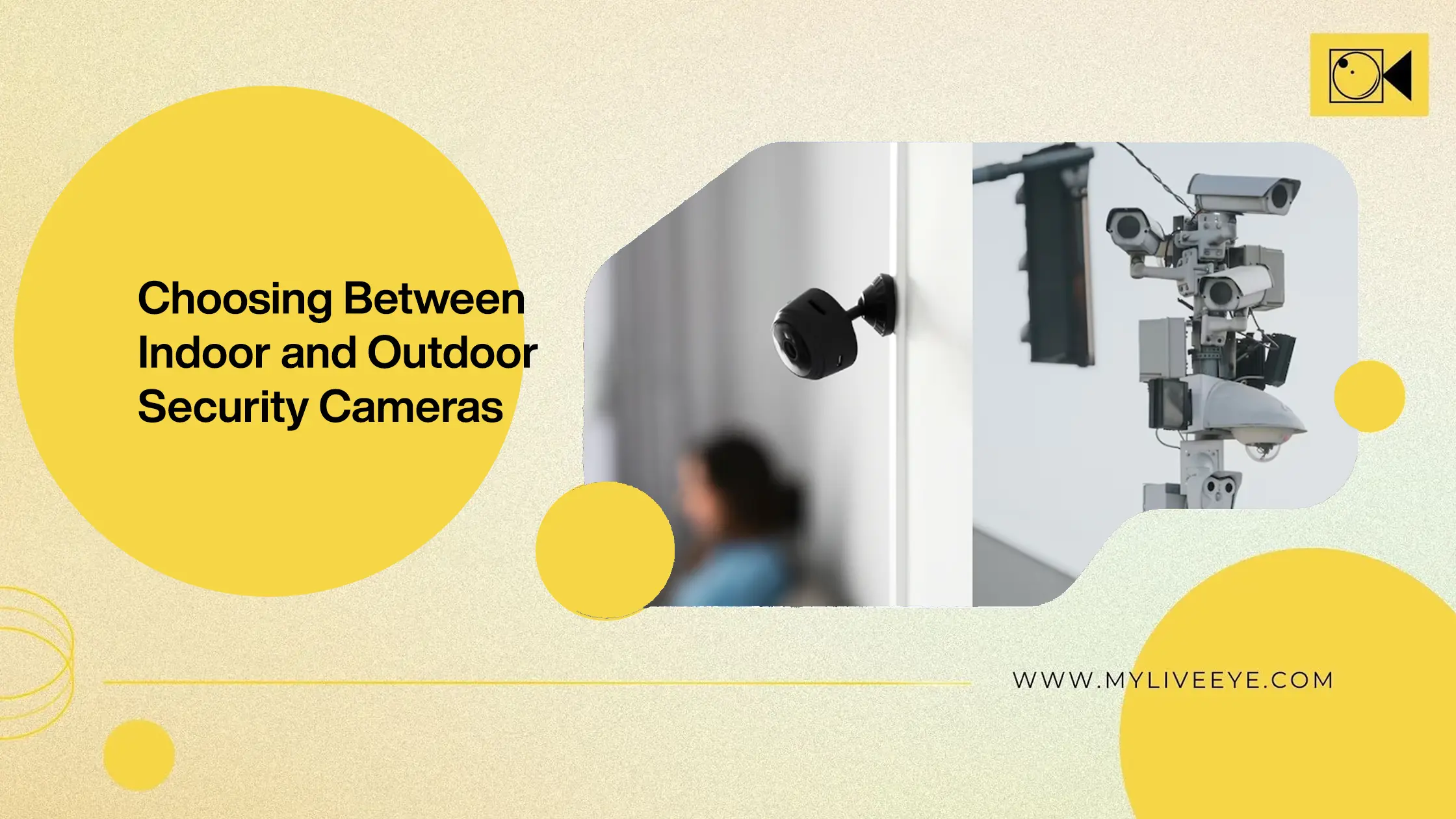
Choosing Between Indoor and Outdoor Security Cameras
Assuring the safety and security of your property is of the utmost significance in today's fast-paced environment. The choice between interior and outdoor security cameras is one of the most important ones you'll have to make when putting up a monitoring system.
Each type has a distinct function as well as unique features and considerations. We'll go into the realm of indoor and outdoor security cameras in this article to assist you in making a decision that is in line with your goals and needs for security.
Indoor Security Cameras: Monitoring Within Your Domain
Indoor security cameras are designed to monitor the interiors of buildings, offering a watchful eye over your personal spaces. These cameras have become increasingly popular not only for residential use but also in commercial environments.
Let's explore the advantages and considerations of indoor security cameras:
Advantages of Indoor Security Cameras:
1. Intrusion Detection: Indoor cameras provide an effective way to monitor for unauthorised access, break-ins, and potential intruders within your premises.
2. Surveillance of Valuables: Whether you're at home or away, indoor cameras can keep an eye on valuable items such as electronics, jewellery, and important documents.
3. Remote Monitoring: With the advent of smart technology, many indoor cameras offer remote monitoring through smartphone apps or computers, enabling real-time surveillance from anywhere.
4. Privacy Concerns: Indoor cameras typically raise fewer privacy concerns as they are focused on monitoring the property's interior rather than public spaces.
5. Incident Verification: In the unfortunate event of theft or vandalism, indoor cameras can provide crucial evidence for insurance claims and legal proceedings.
Considerations for Indoor Security Cameras:
1. Placement: Strategically placing indoor cameras in high-traffic areas ensures maximum coverage, but it's important to balance coverage with respecting the privacy of occupants.
2. Lighting Conditions: Ensure that indoor cameras can handle varying lighting conditions, especially in spaces with large windows or areas that are poorly lit.
3. Wireless vs. Wired: Consider whether you want to deal with wiring for power and data or opt for wireless cameras for easier installation.
4. Audio Monitoring: Some indoor cameras come with audio capabilities, which could be useful for monitoring conversations or baby monitoring.
Outdoor Security Cameras: Extending Your Watchful Gaze
Outdoor security cameras are designed to withstand the elements while maintaining a vigilant watch over the exterior of your property. These cameras play a crucial role in deterring and recording outdoor threats. Let's delve into the advantages and considerations of outdoor security cameras:
Advantages of Outdoor Security Cameras:
1. Perimeter Protection: Outdoor cameras provide a first line of defence by monitoring entrances, driveways, and outdoor spaces where unauthorised access might occur.
2. Crime Deterrence: The mere presence of visible outdoor cameras can discourage potential criminals and vandals from targeting your property.
3. Package Theft Prevention: With the rise of online shopping, outdoor cameras help deter "porch pirates" and provide evidence in case of stolen packages.
4. Weather Resistance: Outdoor cameras are built to withstand harsh weather conditions, ensuring continuous surveillance year-round.
5. Remote Monitoring: Like indoor cameras, many outdoor cameras also offer remote monitoring capabilities, allowing you to stay connected to your property from anywhere.
Considerations for Outdoor Security Cameras:
1. Weatherproofing: Ensure that the cameras you choose are designed to withstand rain, snow, dust, and other outdoor elements.
2. Field of View: Opt for cameras with wide-angle lenses to cover larger outdoor areas effectively.
3. Night Vision: Look for cameras with infrared or low-light capabilities to maintain surveillance during night-time hours.
4. Tampering Protection: Outdoor cameras should be tamper-resistant to prevent vandalism or attempts to disable them.
5. Wired or Wireless: Decide whether you want to deal with the wiring required for outdoor cameras or opt for wireless models.
Conclusion
Depending on your individual security needs and preferences, you can choose between indoor and outdoor security cameras. The interior of your property has to be monitored with indoor cameras in order to provide intrusion detection, remote monitoring, and incident verification. external cameras, on the other hand, increase your security perimeter by thwarting criminal activity, preventing parcel theft, and supplying vital proof of external risks.
Consider variables including positioning, lighting, weather resistance, and your budget to make the best decision. In many situations, combining indoor and exterior cameras provides thorough coverage and a powerful security solution. You may design a surveillance system that not only protects your assets but also gives you peace of mind because you always have a watchful eye over your domain by matching your choice to your particular set of circumstances. The appropriate decision between indoor and outdoor security cameras can make all the difference in keeping a safe and secure environment, whether it's protecting your house, business, or important assets.
Also read: Night Vision Cameras: Business Security.

